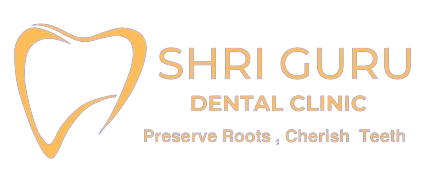OUR SERVICES
root canal treatment and tooth fillings
Endodontics and Restorative Dentistry
What is root canal treatment?
Root canal treatment is a procedure to save a tooth which has developed severe decay and is extensively sensitive or painful. During this procedure, inside of a tooth is cleaned, shaped and filled in multiple visits. A dental cap (crown) is then placed on top of tooth to make the tooth stronger for mastication
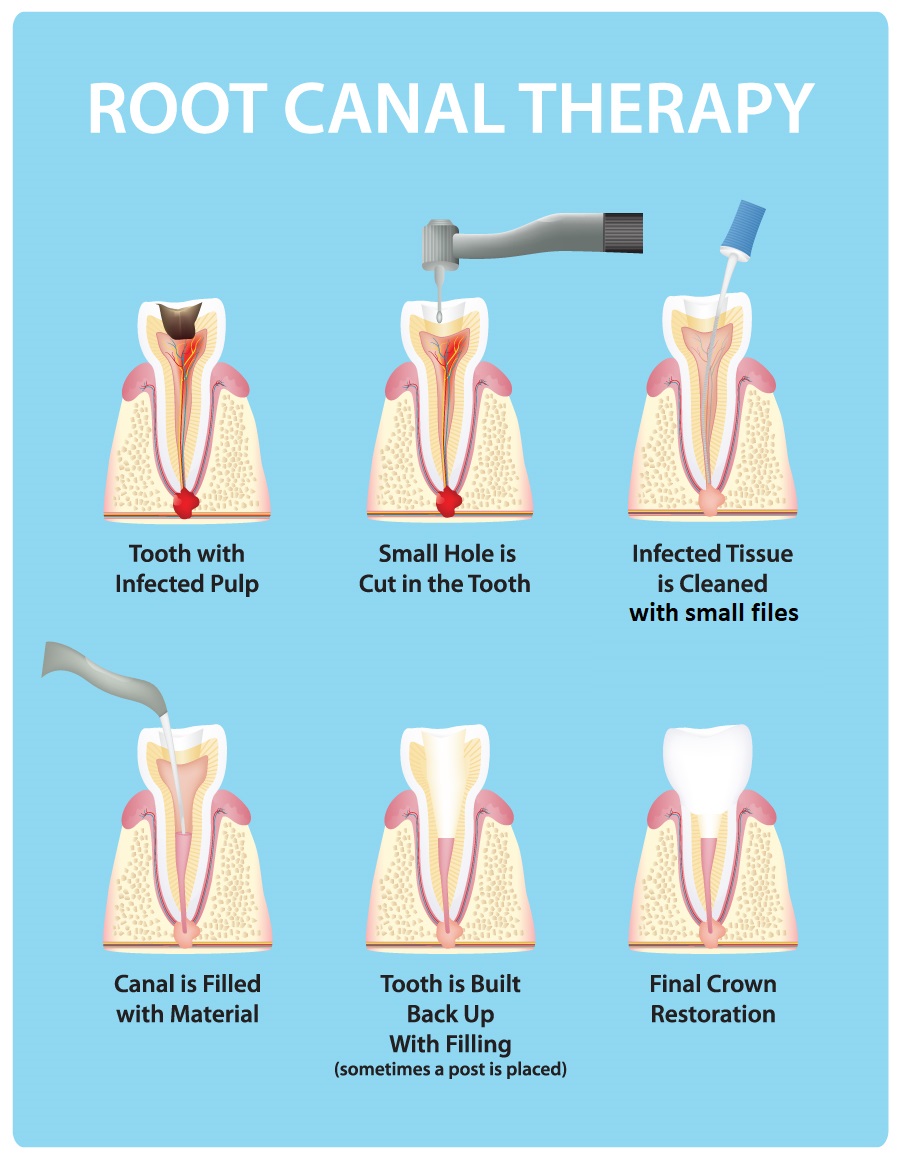
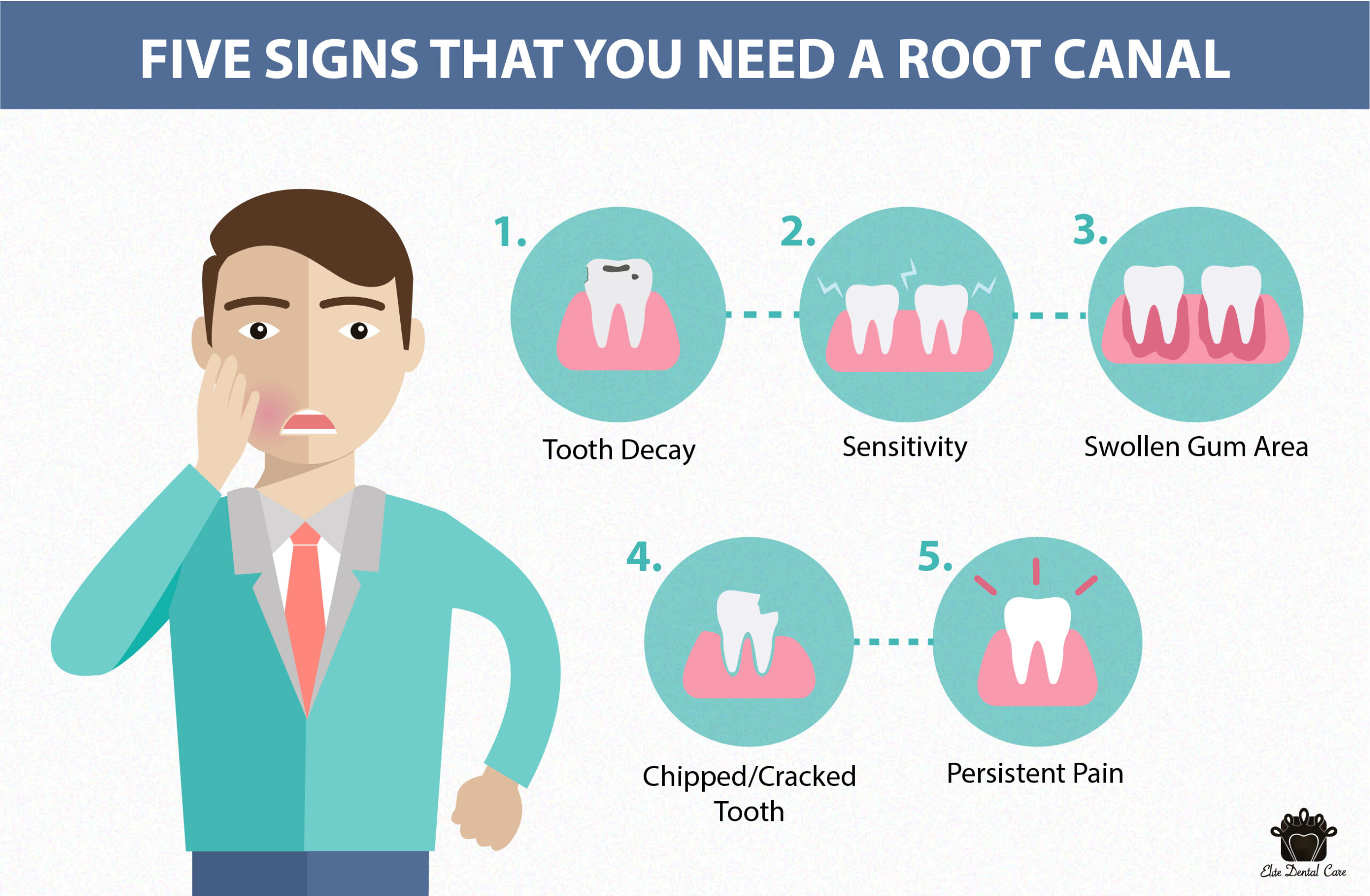
A pain free and optimal root canal treatment demands high skills,precision and expertise by the operator
At Shri Guru Dental, we provide root canal treatments with longevity and highest standards of care
Dentistry is not expensive, Neglect is…..
Treatment at an early stage can be less invasive and economical
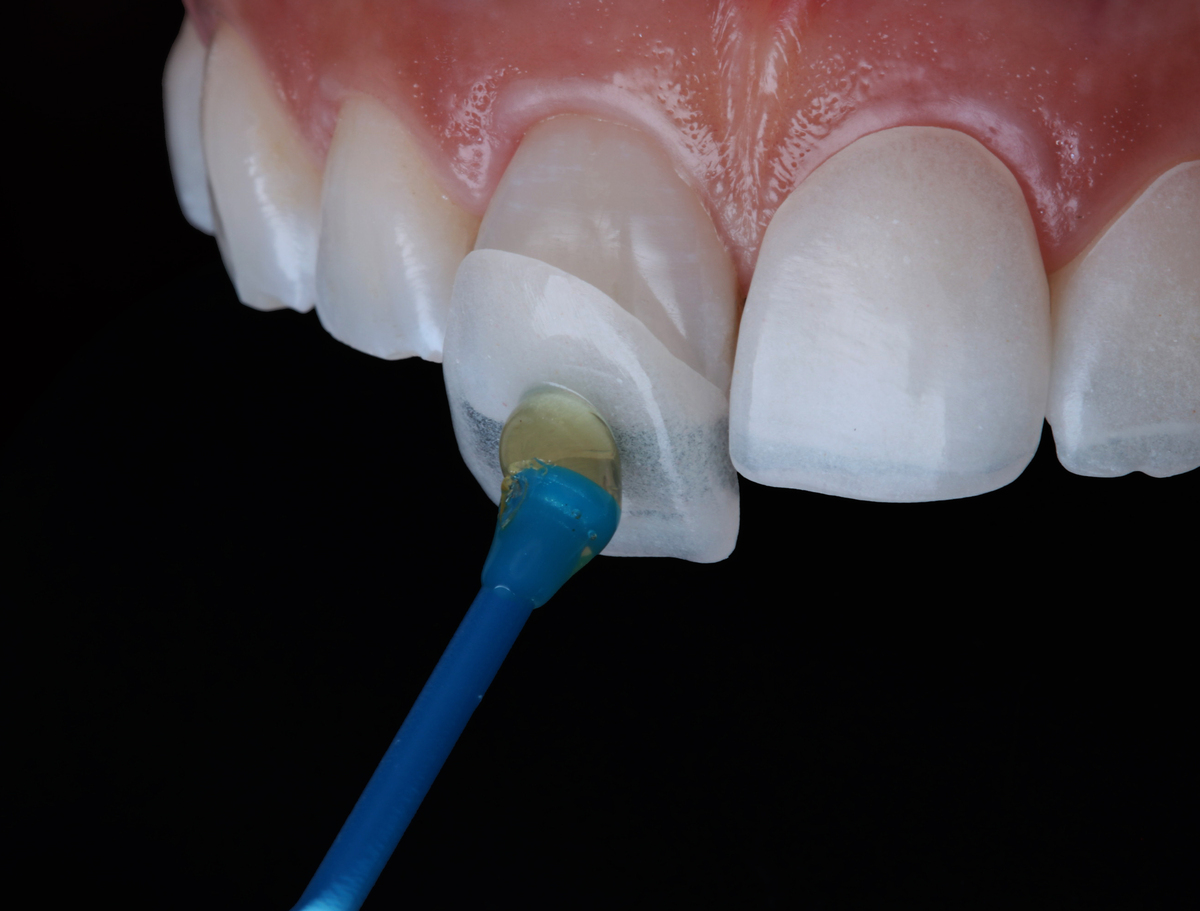
veneers for Discolored tooth
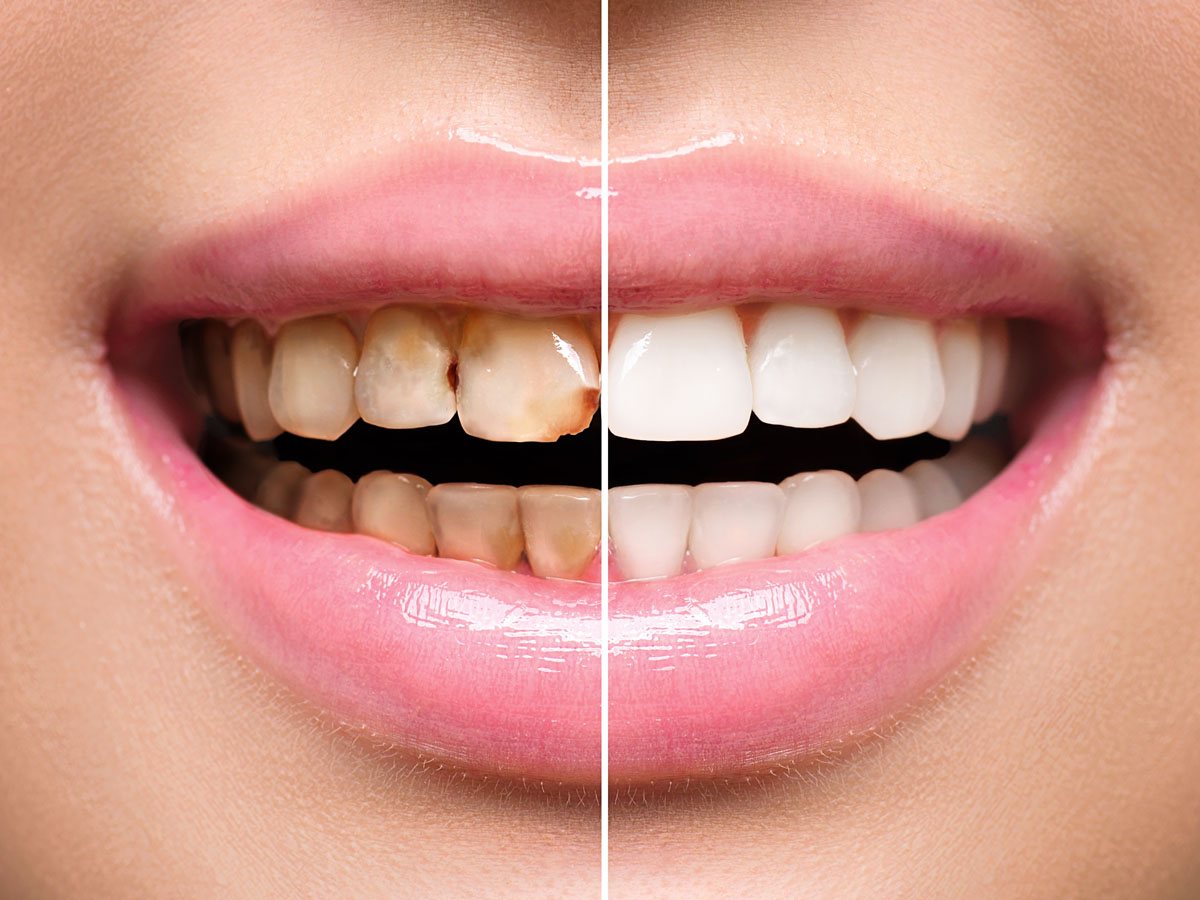
Restoration of teeth _Composite
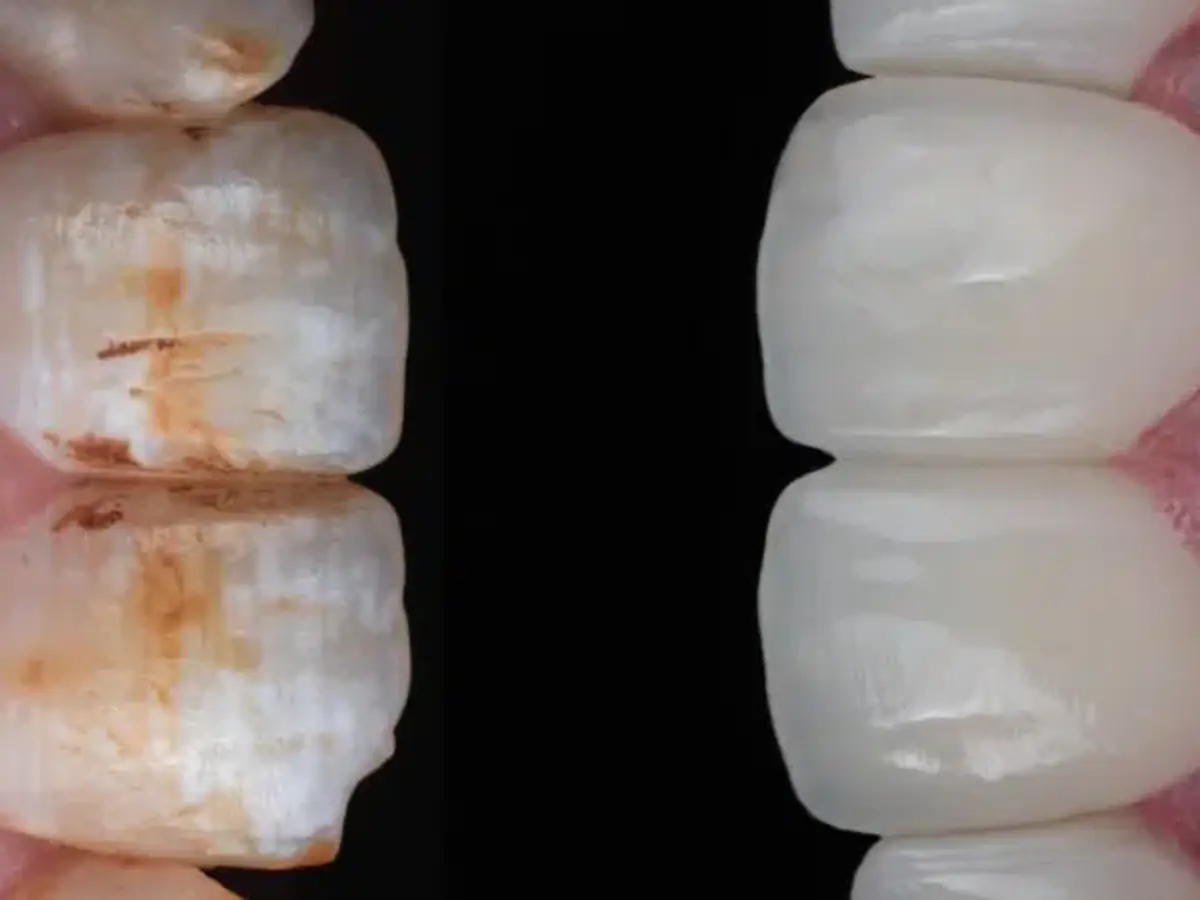
Bleaching of teeth
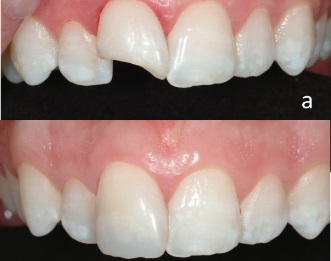
Restoration of fractured tooth
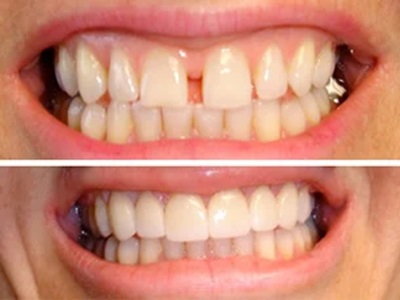
Spacing closure -Composite
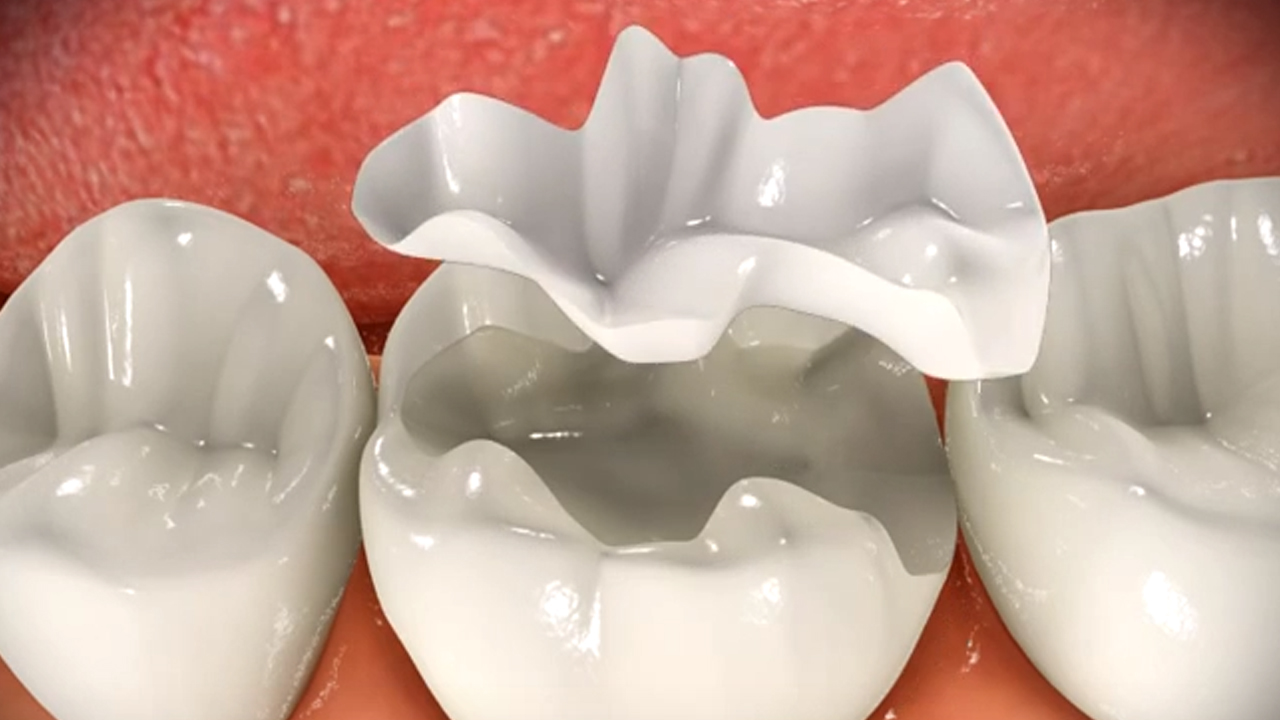
Inlay Restotion
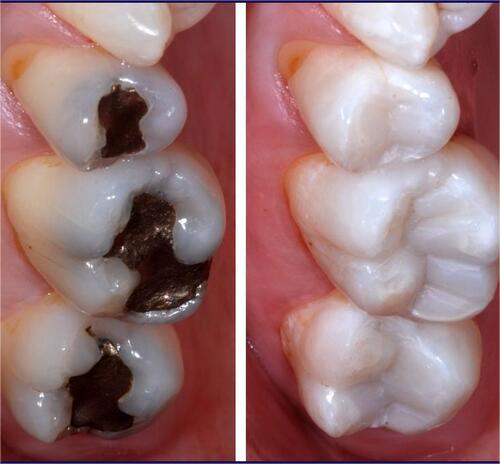
Amalgam Vs composite
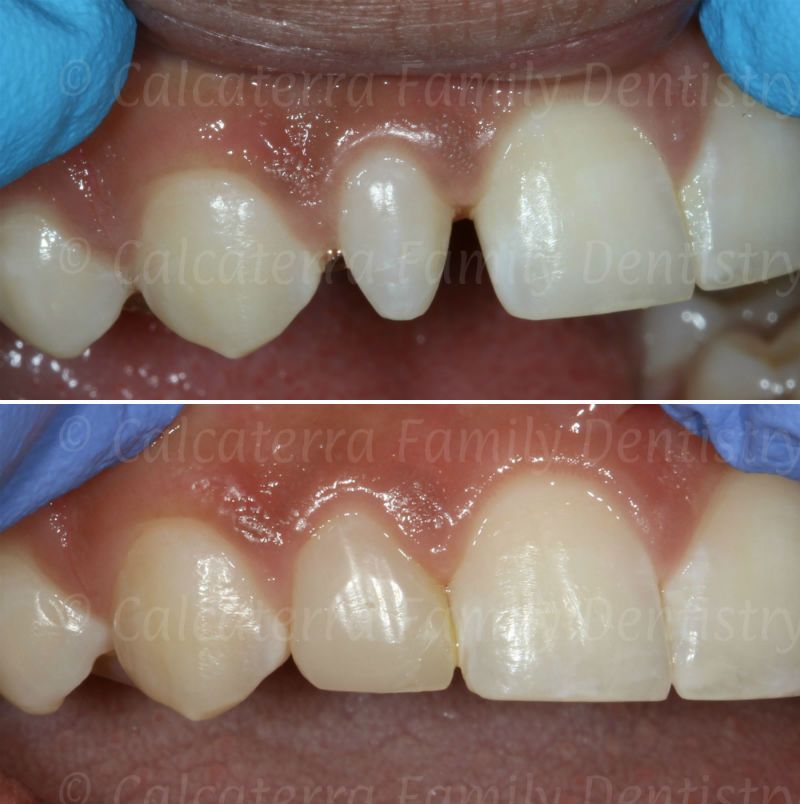
reshaping small tooth
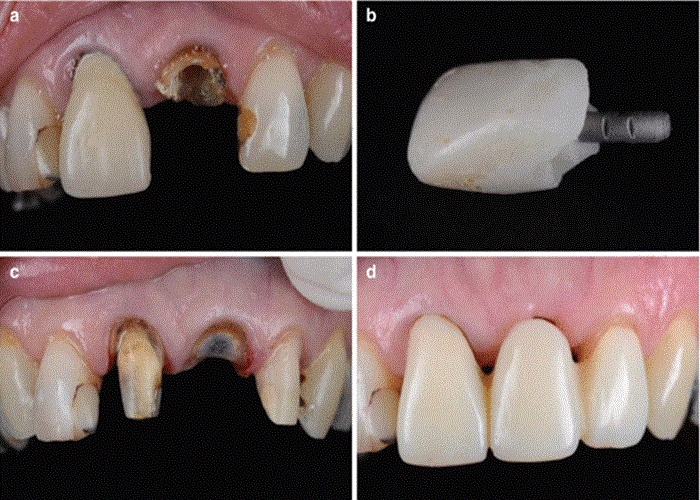
Restoring weak tooth-Post and Core
We restore your beautiful smile and confidence
Frequently Asked Questions
Root canal treatment (RCT) or Extraction of tooth- which is better?
Definitely RCT is always recommended when it comes to saving a natural tooth. Removal of a painful tooth and its replacement with artificial one is always a compromised treatment and definitely expensive as compared with RCT and Cap.
so whenever possible try to save your tooth with RCT
Is root canal treatment (RCT) very painful
No.. There is common misconception that root canal procedures are very painful. RCT is done under local anaesthesia which will numb the tooth . Done under an experienced hand, patient will be comfortable throught the procedure
How many years does a root canal treated tooth last without any problem?
An adequately performed root canal treatment with a well fitting cap serves many years ( sometimes 20-25yrs), given the patient maintains good oral hygiene, healthy gums and healthy food habits, has a good general physical health
How many visits does RCT require?
It depends on the condition of the tooth. It can take one visit, two or three visits depending on the amount of infection in the offending tooth, which will be decided by the specialist.
Should we avoid any food after a root canal treatment
There is no food restriction, except that patients are advised to avoid chewing hard food from that side for a couple of days
Is root canal treatment expensive
No. Compared to removal of tooth and replacement with expensive and ARTIFICIAL prosthesis, root canal treatment is an economical option. More over it saves the NATURAL tooth.
An adequate root canal treatment is a highly skilled procedure involving more than 25 materials for good results.
Unless done with precision – under an experienced specialist, root canal treatments often fail within a couple of years.. SO CHOOSE THE BEST ONE FOR YOUR HEALTH
Braces and invisialign
Orthodontics and Dentofacial Orthopedics
What is the scope of this speciality?
In Orthodontics the specialist treats the irregularities of the teeth and jaws . This brings in a complete make over of the facial profile of the patient. It includes ,
Treatment of forwardly or backwardly placed teeth, through braces
Correction of abnormal jaw sizes surgically and non surgically
Treatment of abnormal bites causing wearing away of teeth
Treatment of crowding or overlapping of teeth
Closing excessive spaces between teeth
Habit breaking appiances in children like mouth breathing, tongue thrusting, thumb sucking etc
Recognising developing malocclusion in children and correction through functional appliances
Relocation of abnormally positioned teeth to their ideal positions


INVISALIGN- SMILE BETTER, SMARTER, FASTER
Start your seamless smile journey with our Certified Invisalign Experts
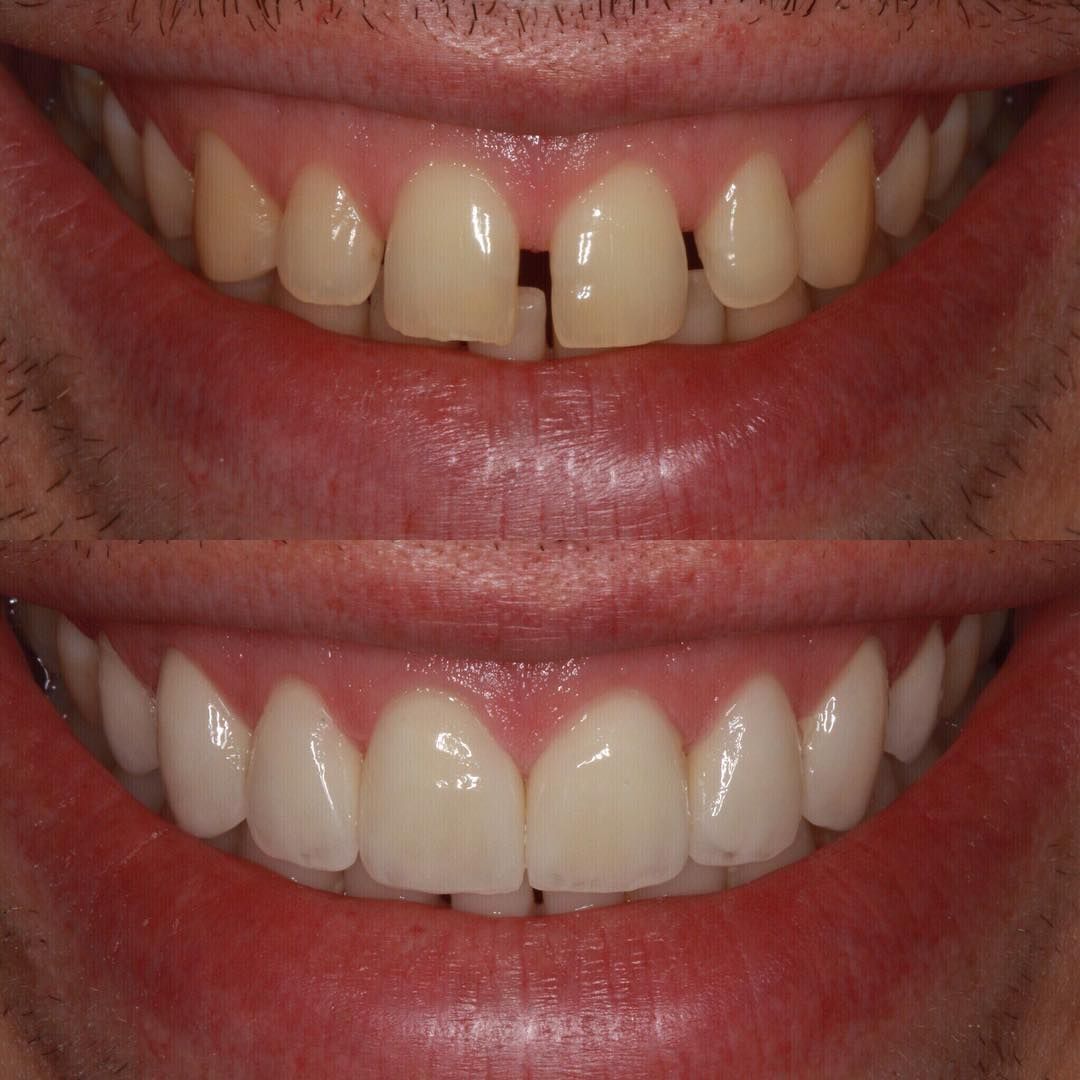
Spacing correction
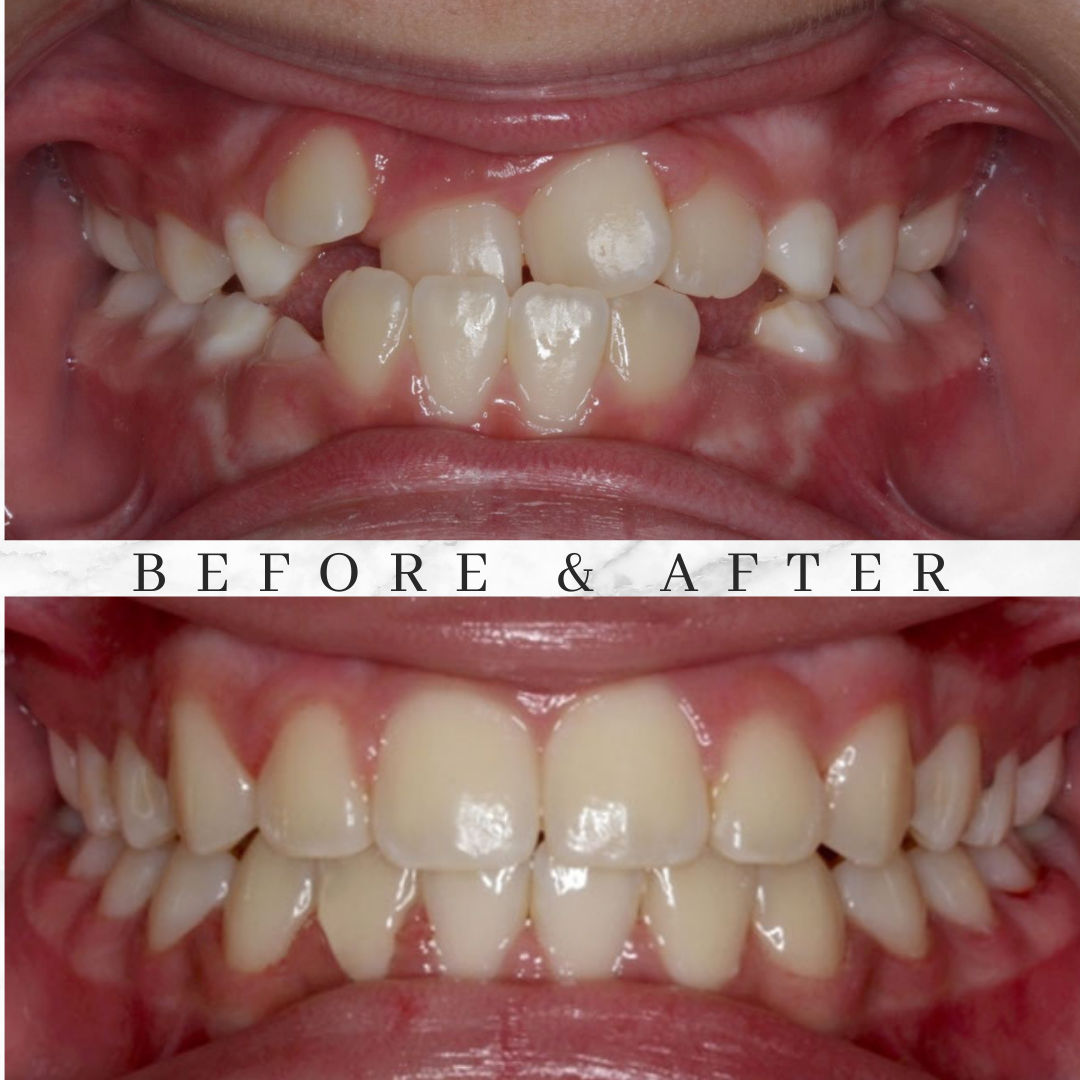
Correction of crowding of teeth
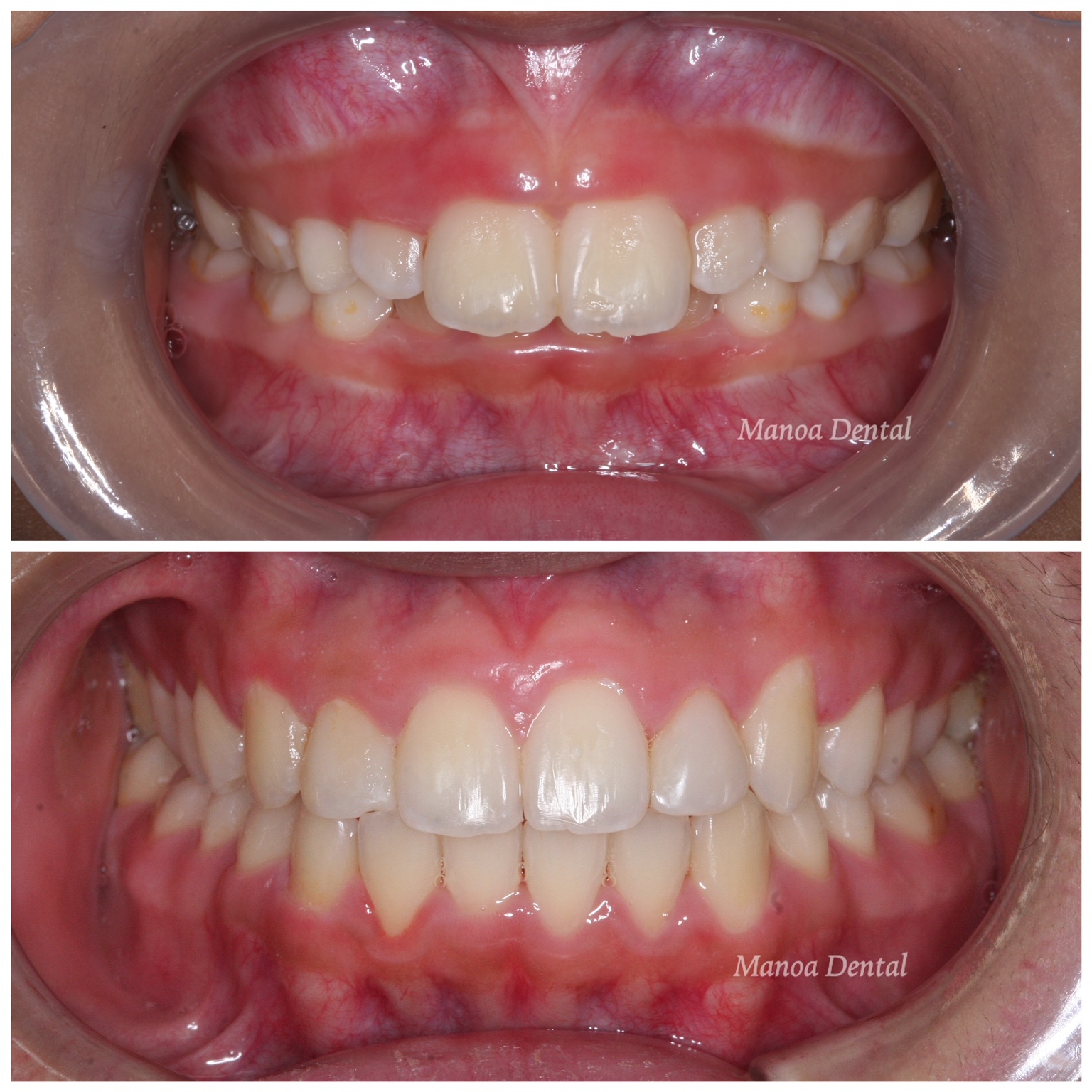
Deep bite correction
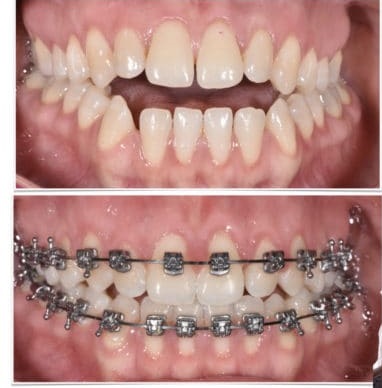
Open bite correction
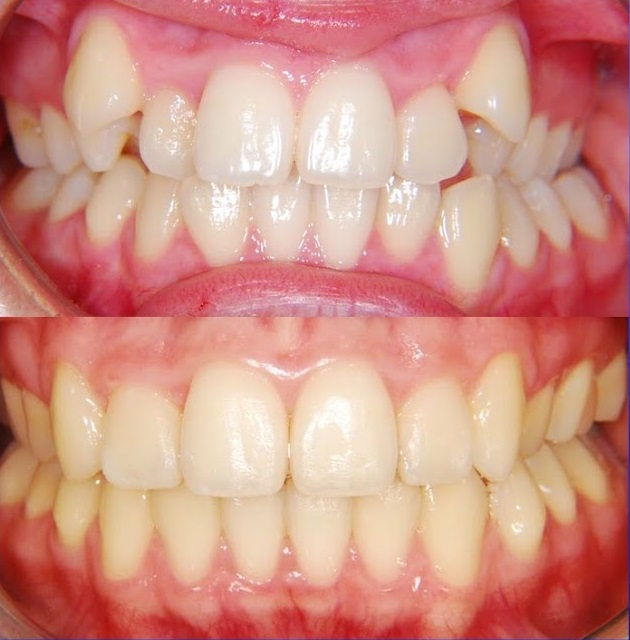
canine repositioning
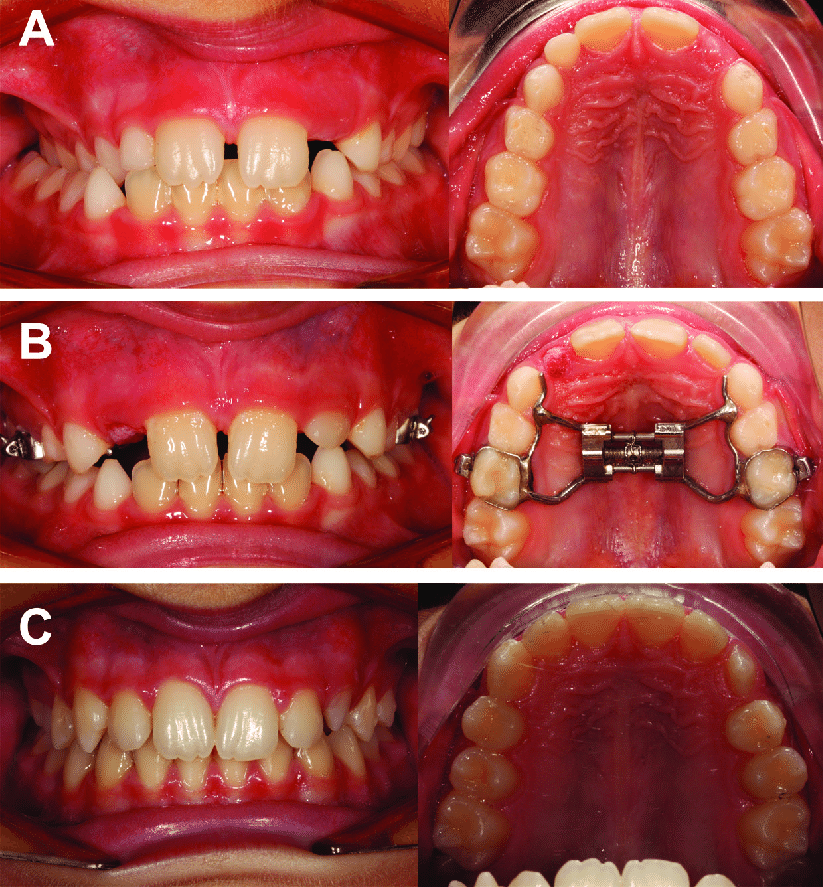
Maxillary expansion
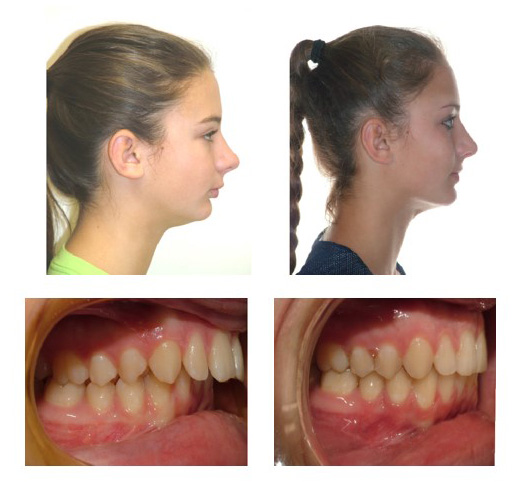
correction of retrognathic mandible
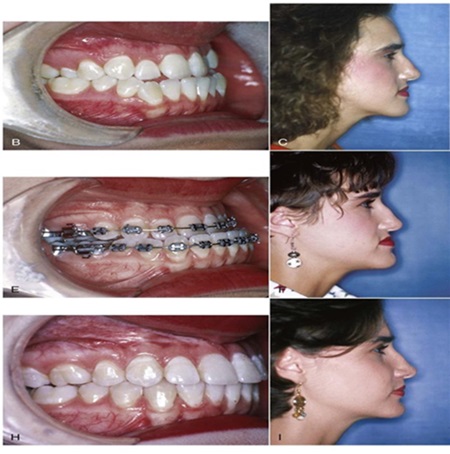
correction of prognathic mandible
Frequently Asked Questions
What is the ideal age to visit dentist for correction of malocclusion or irregularity of teeth
It is best to start orthodontic treatment between the age group of 10-14 years. At this age the jaw bone and muscles of face are in growing stage that will give faster and adequate results, in harmony with the erupting teeth
Do braces hurt?
No.. After braces are put in the patient mouth there will be remodelling of bone to move teeth to the desired position. During this period there will be slight discomfort for 2-3 days which will subside gradually without any medicine
How many years will it take to align irregular teeth or malocclusion?
It depends on-
- patients age ,
- type and severity of malocclusion. At the age of 10-14 treatment will be faster for corrections like spacing of teeth, or expansion of arch, (6-8 months). In adults, the treatment duration ranges from 1 yr to 1.5 yrs depending on severity of maloccusion
Is there any age limit for braces?
There is no age limit for braces treatment. But with increasing age the duration of treament increases, as the bone remodelling takes time in elderly patient
Should we avoid any food during the treatment with braces?
Yes . Certain foods like nuts, sticky foods, chocolates, chewing gums should be avoided, as these can displace the brackets from tooth
What precautions should be taken during the treatment period, when wearing braces?
Patient should do gentle tooth brushing twice daily without fail, using soft brushes.
Patient should avoid sticky foods, crunchy snacks and nuts
Is there any side effect after wearing braces?
Yes temporarily..After wearing braces, patient may develop ulcers, irritation of gums and soft tissues, excessive salivation for 2-3 days which will subside on its own
Will there be any relapse of treatment or failure of treatment?
No. After the treament , when the desired results are achieved, the specialist will give you a RETENTION APPLIANCE (removable or fixed) which should be worn for the designated period of time, failing to which the treatment can fail.
Note: So, wearing retention appliance , to the instructed period and maintaining oral hygiene is as important as the treatment itself, to keep the teeth in the desired position
Kids Dentistry
Pediatric Dentistry
Importance of Pediatric dentistry
Pediatric or Kids dentistry is a distinguished branch from adult dentistry in various aspects
- Kids eating habits (sweets, chocolates, sticky foods) are the main cause of early decay. The sugary substrate which the kids frequently consume coupled with excess salivation containing cariogenic bacteria causes higher incidence of tooth decay
- In children decay spreads more rapidly as the teeth have thin enamel and dentin (protective layers of teeth), so intervention at the earliest stage is essential
- Once the decay reaches the innermost layer pulp, there will be severe pain . The inflammation in pulp in children is more severe as compared with adults and so is the pain .
- The tooth infection in the pulp can spread down to the erupting permanent teeth and adversely affect their development
- If neglected , the infection /decay in the teeth can spread to surrounding vital structures like eyes, nose, throat, ears -more rapidly causing space infection.
- This spread is faster in children as there is loose areolar tissue in abundunce
- Most importantly compliance for dental treatment, drug/anaesthesia interaction is different in children due to hyper-responsive tissues. This is alarming – so early recognition of decay and prompt treatment at the earliest stage can avoid the complications of anaesthesia
- If the child is highly uncooperative , very young or physically disabled – then it may require general anaesthesia for dental treatment which carries higher life risks. So its advised to get the treatment done at the earliest stages
ORAL HEALTH IS THE MIRROR OF OVERALL HEALTH
GIVE YOUR CHILD A HEALTHY SMILE
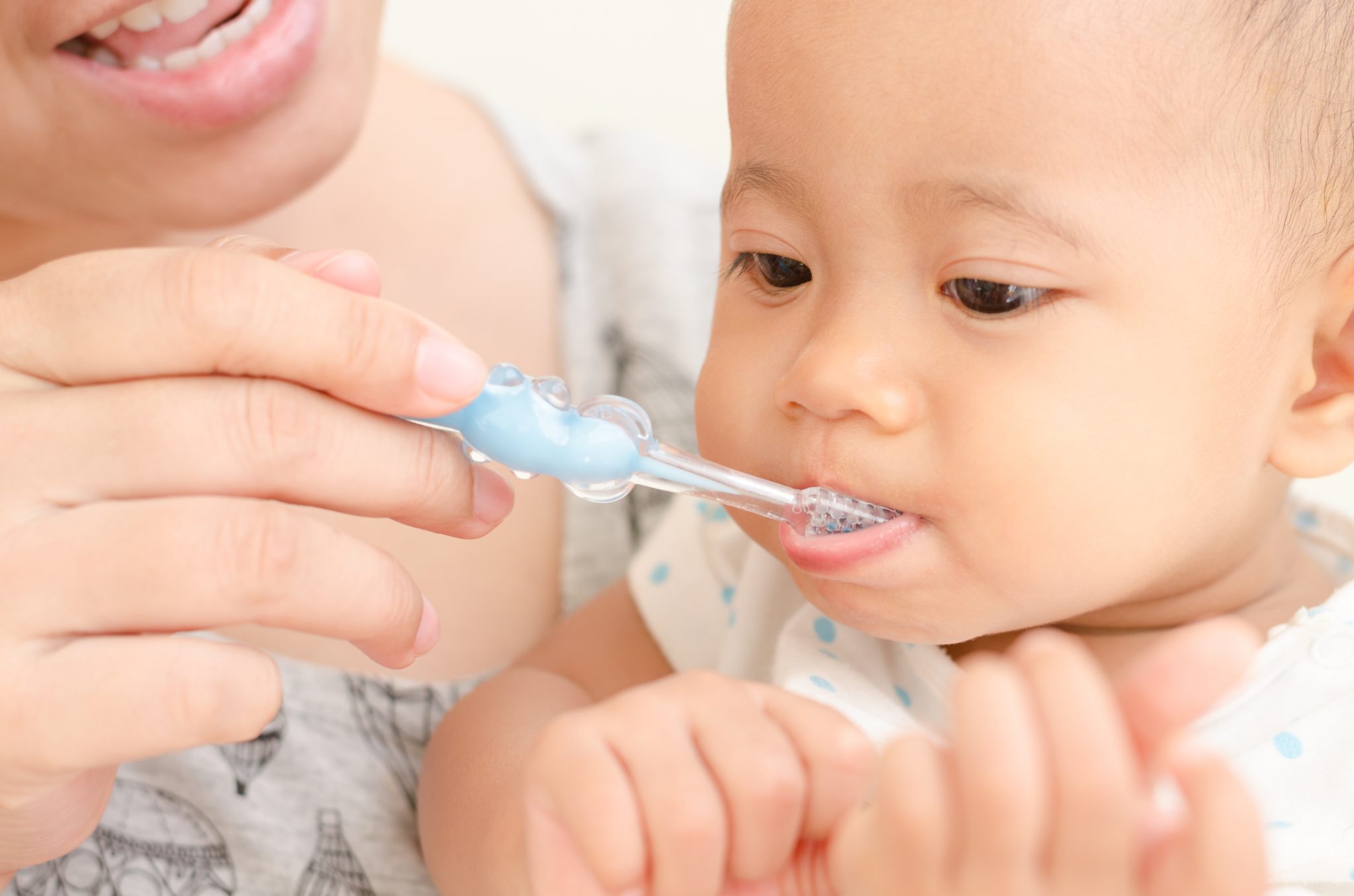
Brush with the first tooth in mouth
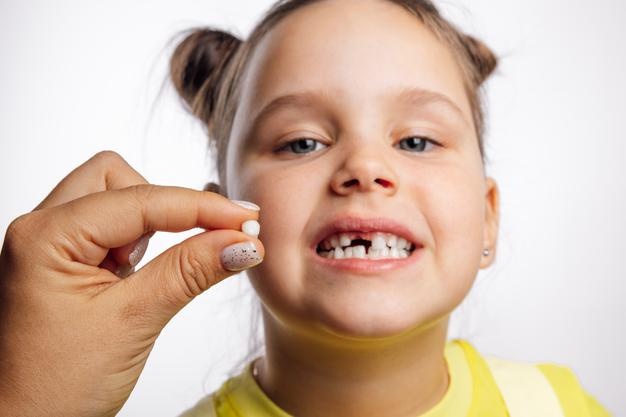
Replace her lost tooth and confidence
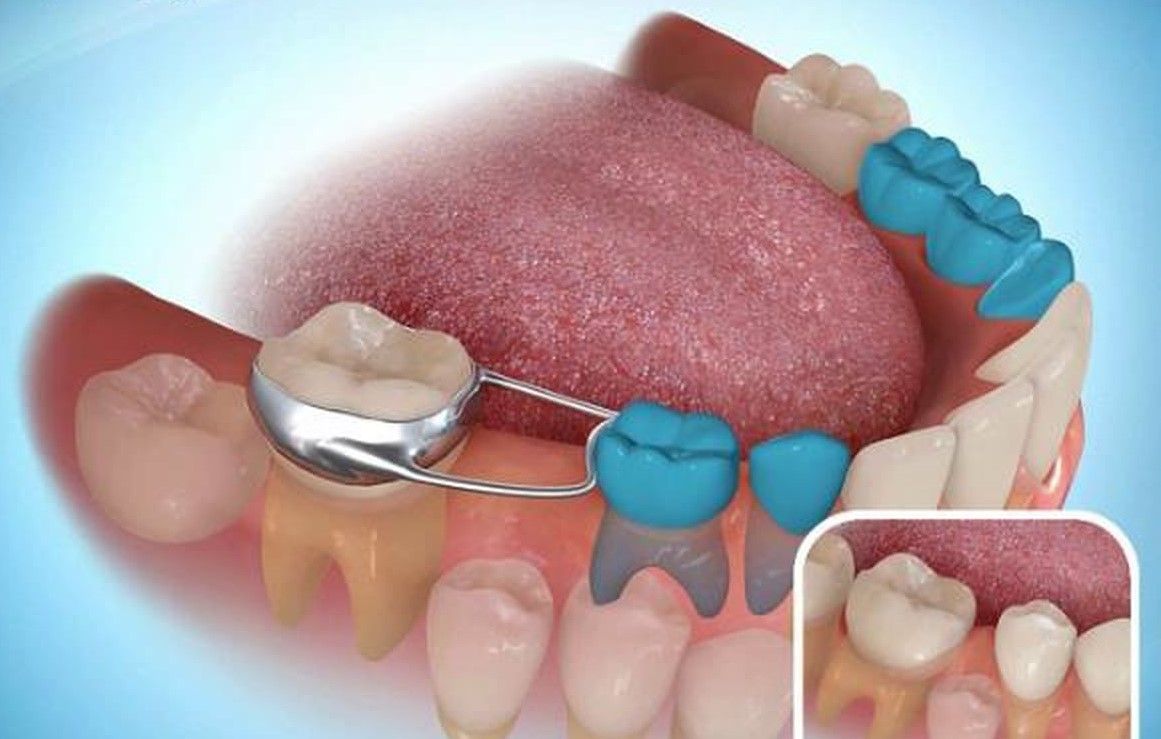
Space maintainer
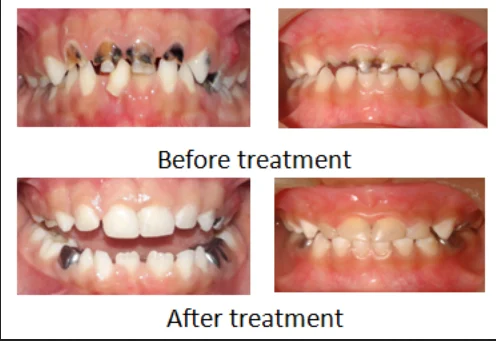
Sub Heading
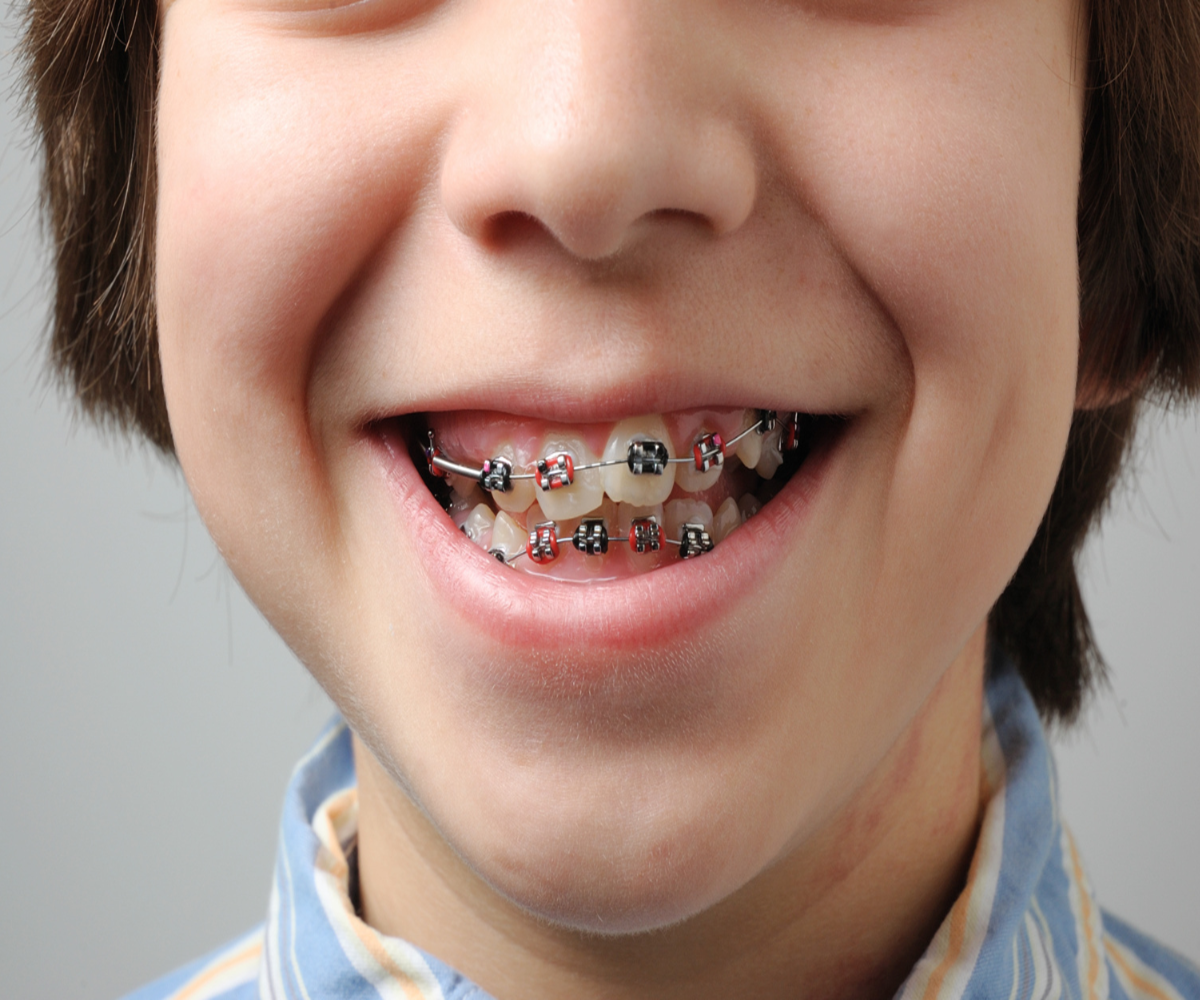
Braces in young children
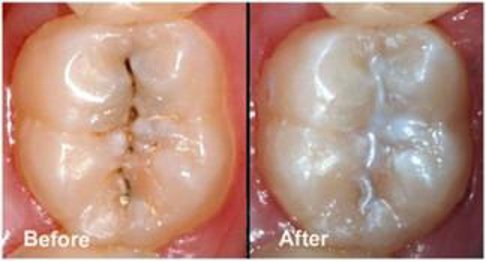
sealing of decayed tooth
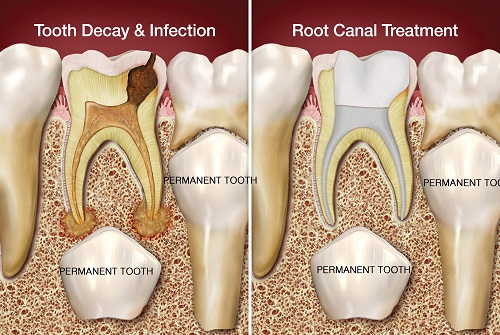
Root canal treatment in children
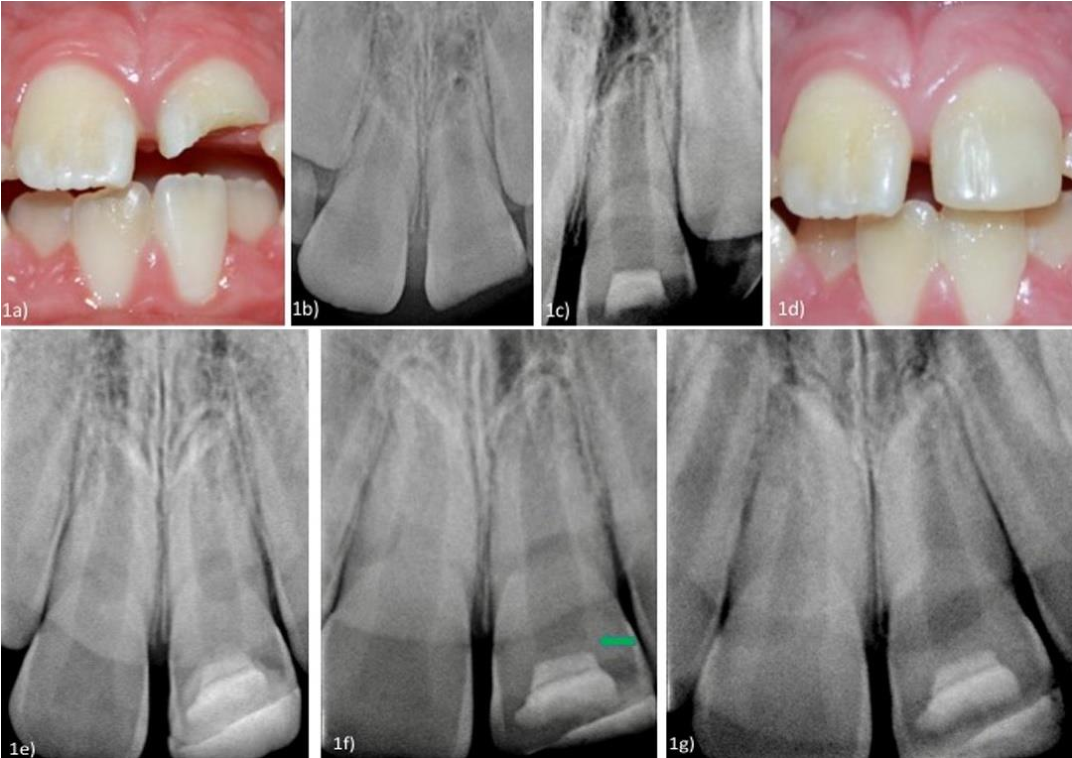
Pulpotomy to preserve tooth

Let them spread smile around
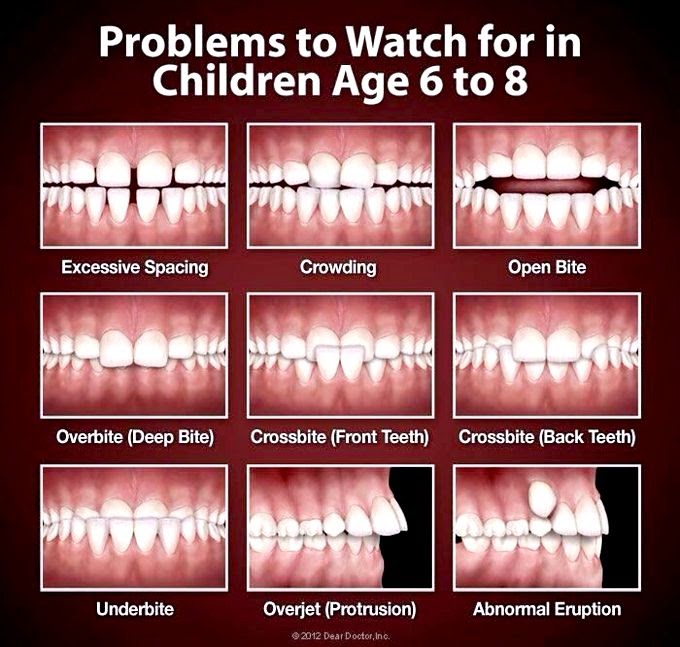
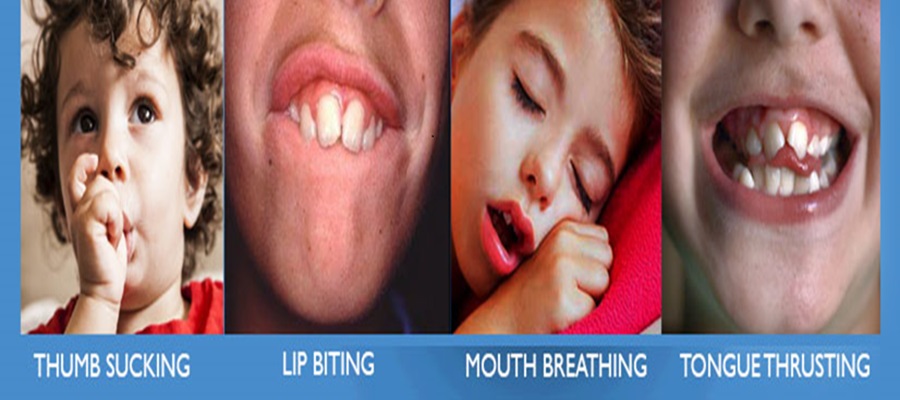
Is Your Child’s Oral Habit Bothering You?
Visit Us For
Functional and Habit Breaking Appliances
Frequently Asked Questions
How to prevent decay in children?
- Reduce the sugery substance intake in children, like – chocoltes, sticky foods.
- Brush twice daily with a non flouridated tooth paste – for kids below 4 yrs and fluoridated for elderly kids
- Avoid giving milk, juices in bottles. As they remain as a substrate for bacteria for longer time and cause tooth decay
How often should a child be visiting a dentist?
6 months to 1year. Dental decay in children spreads faster, as the teeth are smaller in size and thickness. Early intervetion may avoid extensive and invasive treatment and makes treatment easier in young uncoperative children
Is it necessary to restore deciduous teeth, as they are later replaced with the permanents
Yes. Replacement of deciduous teeth with their permanent counterparts occurs upto 12-14 yrs . It is important to maintain the function and esthetics of deciduous teeth till that time. Moreover infection(decay) in deciduous teeth may spread to the underlying permanent tooth bud and aversely affect its development. Long standing infection in the tooth, can easily spread to surrounding vital structures in the vicinity of eyes, nose, throat etc causing medical emergencies.
Are local anaesthetics safe to be used in dental treatment of children?
Yes. the local anaesthesia in children is quite safe, the dosage varies depending on the child’s age.
The advantage in children is- the anesthetic action is very quick, prolonged,keeping the child calm and painfree throughout the procedure
Replacement of teeth, crown and bridge, Dentures and implants
Prosthodontics , Crown and Bridge and Implantology
Scope of Prosthodontics
Prosthodontic treatment includes following types
- Fixed partial denture (FPD): Replacement of a single tooth/ teeth with a fixed prosthesis. This fixed bridge need not removed by the patient every time. It is fixed to the teeth with a dental cement
- Removable partial denture (RPD): Replacement of single tooth/ teeth by a removable prosthesis, which patient will have to remove during night and for cleaning purposes
- Replacement of complete set of teeth is called complete denture. Complete dentures can also be fixed or removable. In fixed complete dentures implants are placed inside the jaw bones over which the complete dentures are fixed Implants are the best alternates to replace missing teeth. They are screw like structures which are placed inside the jaw bone, over which artificial tooth is attatched
- Similarly, for complete dentures multiple implants are placed in the jaw bone over which complete dentures are fixed
Alveoplasty – It is a procedure of reshaping of bone which is done for some patients who require to wear complete dentures. In some patients, sharp bony projections will remain -after the teeth are extracted. These bony projections will cause pain when the patients start wearing dentures. So before placing the dentures these bony projections are trimmed to make bone smooth over which dentures are placed
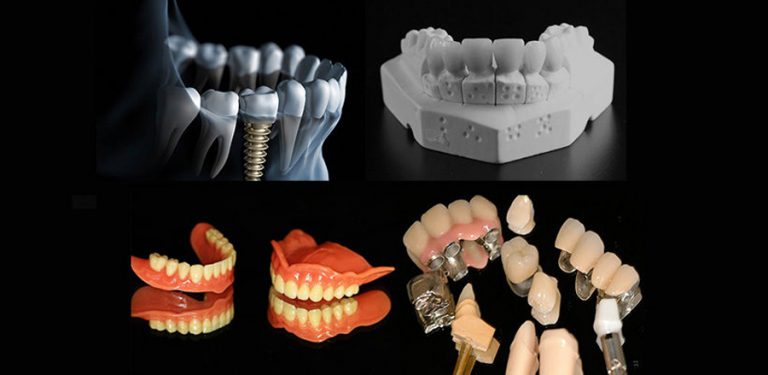

Replace Your Missing Tooth With Dental Implants
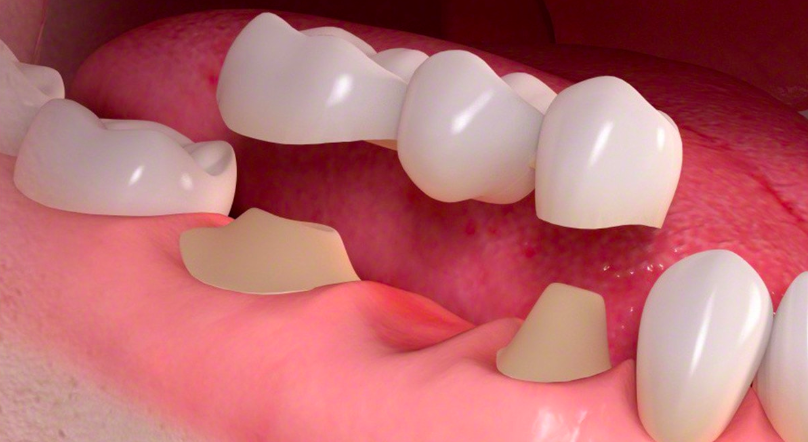
Fixed Partial Dentures
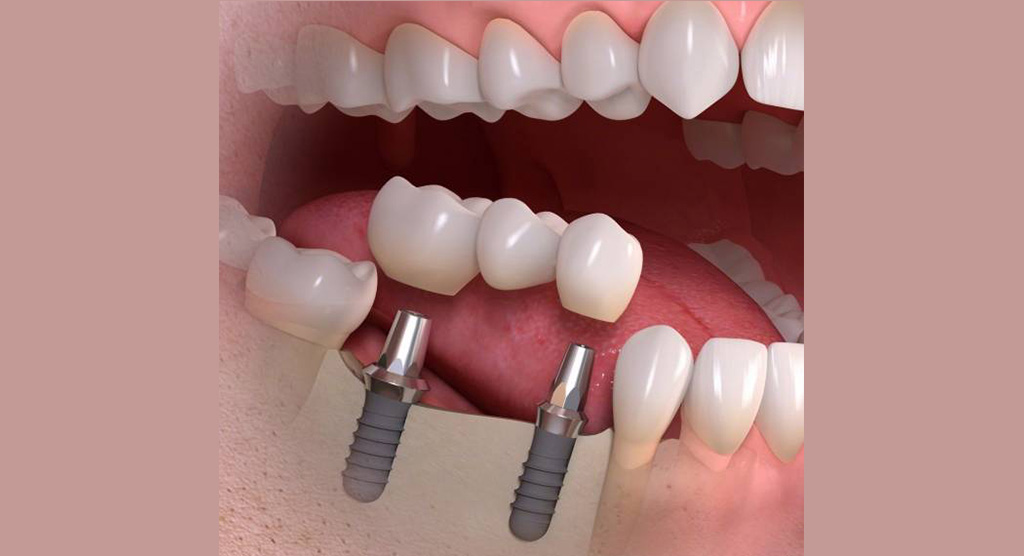
Implant supported Bridge
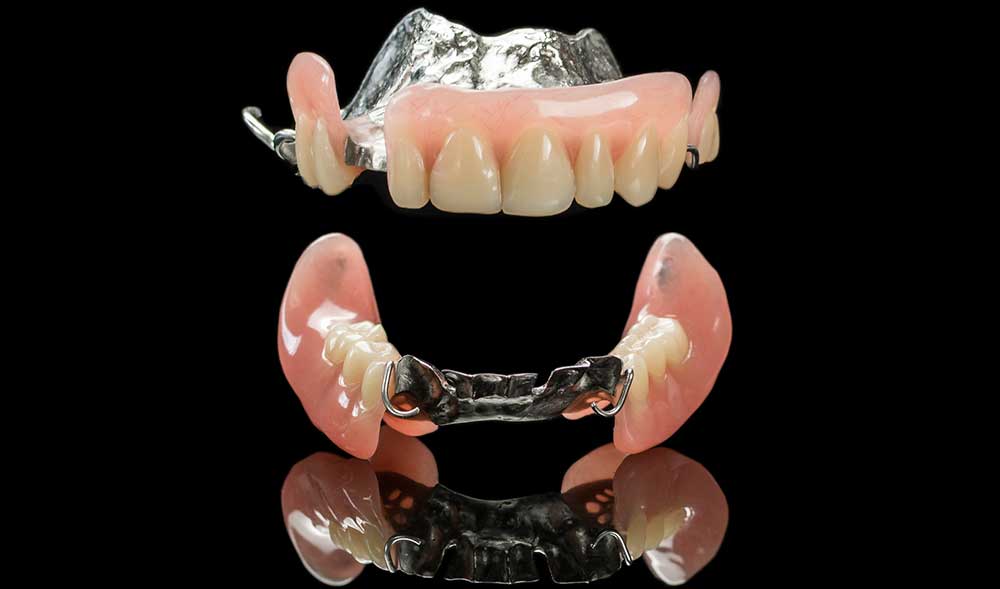
Removable partial denture (RPD)
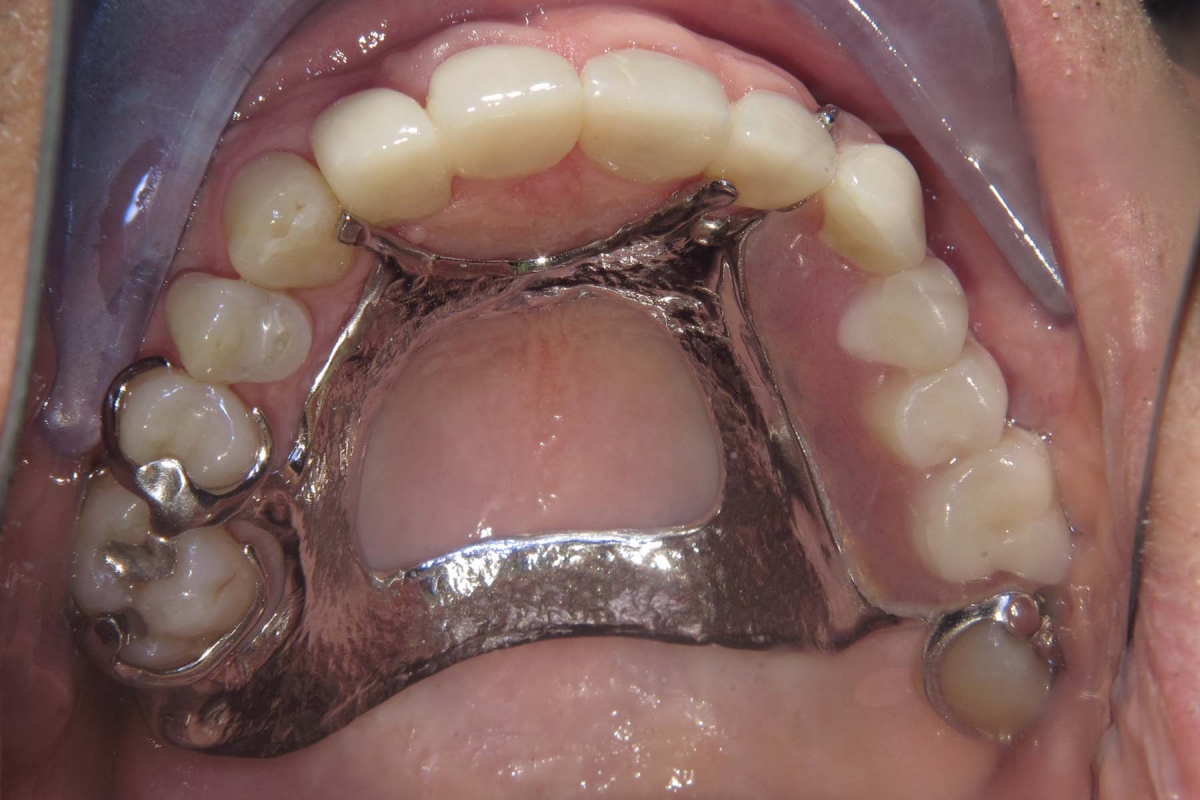
Removable Partial Denture
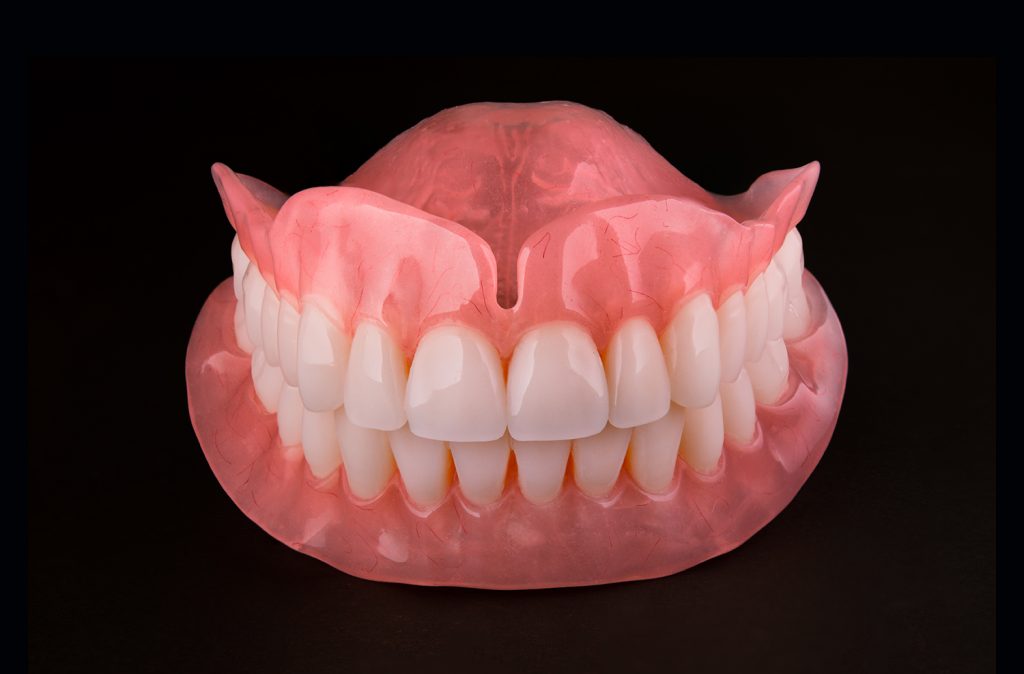
Complete Dentures
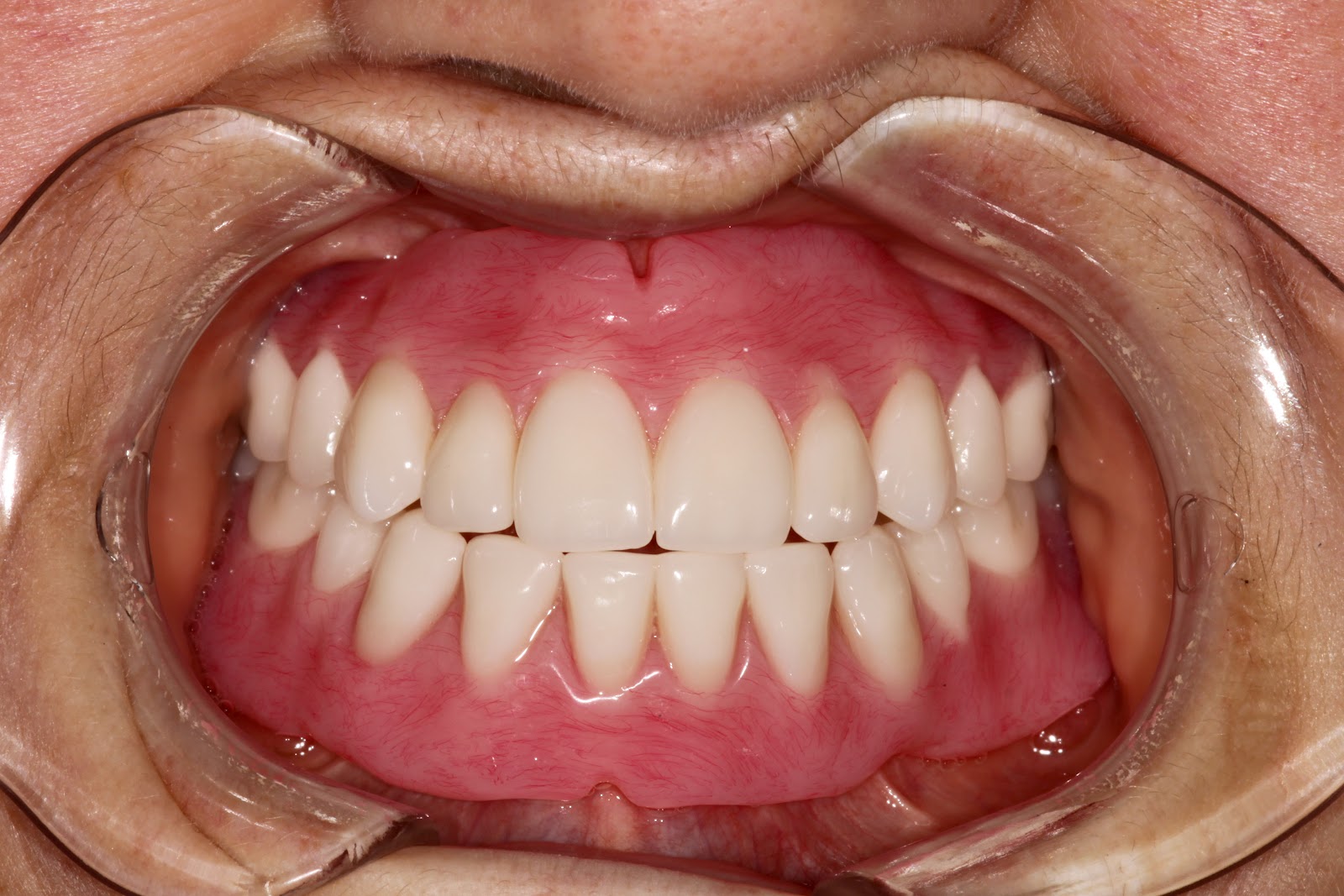
Complete Denture
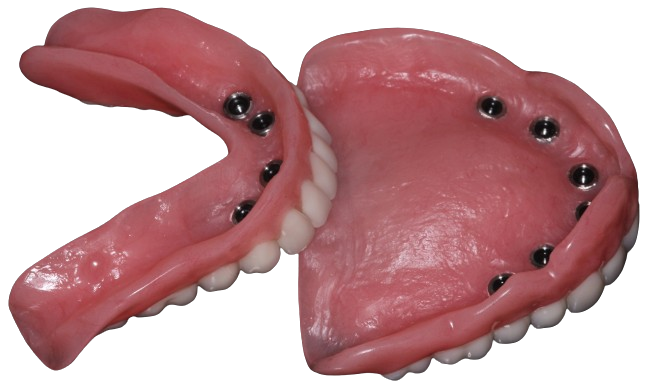
Implant supported denture
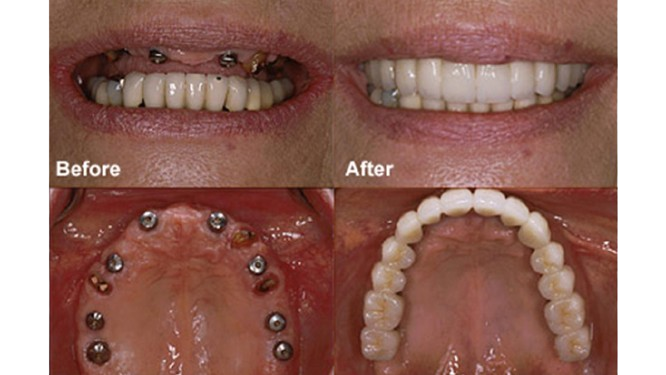
Implant denture in patient
Frequently Asked Questions
Is it necessary to replace missing tooth or teeth
Yes definitely. It is essential to replace even if a single tooth is missing for the following reason
- reduced chewing efficiency
- shifting of adjacent and opposite teeth in the tooth loss area
- food lodgement in tooth loss area
- decay of adjacent teeth
- gum and bone recession in the tooth loss area
- Temporomandibular joint disorders
- loss of teeth gives aged look to the patient
Which is better -dental bridge or dental implant
In dental bridge, dentist will have to cut the sound front and back teeth, to retain the artificial tooth.i.e for replacing one tooth two healthy teeth have to be prepared (cut)
Where as in implant procedure adjacent teeth are not touched. The implant screw is placed in the jaw bone which will hold the artificial tooth.
As per the cost, implants are more expensive than dental bridge but definitely have an edge over dental bridges in terms of preserving adjacent teeth and underlying bone, long term service
What precaution should be taken after placement of bridges or implants
Maintaining a good oral hygiene, routine follow up visits every 6 months are recommended
How many visits does implant procedure require?
Implants with cap placement requires 3months. The bone in which implant is placed takes 3months to integrate with the implant after which cap is placed
What are different options to choose in caps?
There are 3 varieties of caps
Metal, Ceramic with metal inside (PFM) and Fully Ceramic (all ceramic zirconia cap)
The material cost increases respectively in the above materials-as the strength, appaerance and durability is higher
How many visits does it require for complete denture treatment?
It requires five visits for complete denture delivary. It is scheduled in the span of a week , where the dentist does the work in patient’s mouth and and lab person does the work on the customised dental model .
5th visit patient gets his set of dentures to wear
What is the advantage of implant supported dentures over Conventional dentures implant supported denture?
Implant supported dentures give better retention and stability to the dentures, serve long time. They are two types ;
Fixed or removable- The treatment that is right for you depends on several factors like helth of jawbone, medical history and patient’s personal preferences
Unlike normal dentures, implant supported dentures wont shift,slip or wobble when you eat or speak
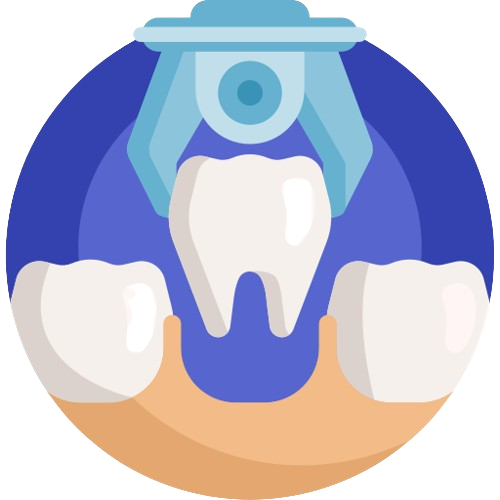
Extraction of teeth, wisdom tooth removal and mangement of traumatic facial injuries
Oral and Maxillofacial Surgery
Scope of Oral and Maxillofacial Surgery
In this speciality extraction of grossly decayed teeth is performed.
It can be
- Non surgical extraction – Teeth are removed using forceps and other instruments without surgery
- Surgical extraction- In cases of badly decayed teeth where forcep extraction is not possible ,teeth are removed under minor surgical procedures
- Wisdom tooth removal- Its a minor surgical procedure, done by a specialist . after the wisdom tooth is removed sutures are placed
- Injuries caused by road accidents involving facial bones require surgical repositioning and fixing of jaw bones and suturing of torn soft tissues
- Also in this speciality surgeries are done for birth deformities like cleft lip and palate surgeries,
- Removal of cancer related growths in oral cavity and facial reconstructions are performed by oral oncosurgeons
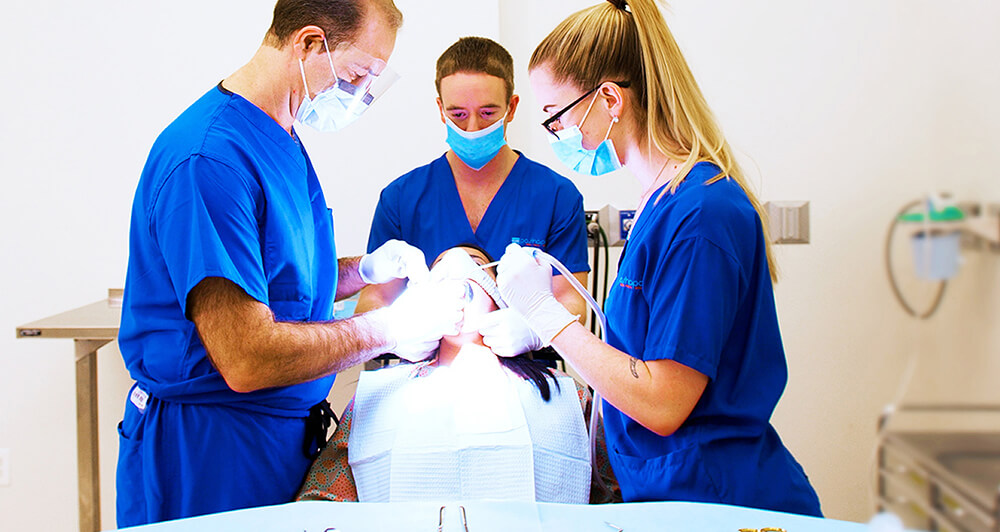
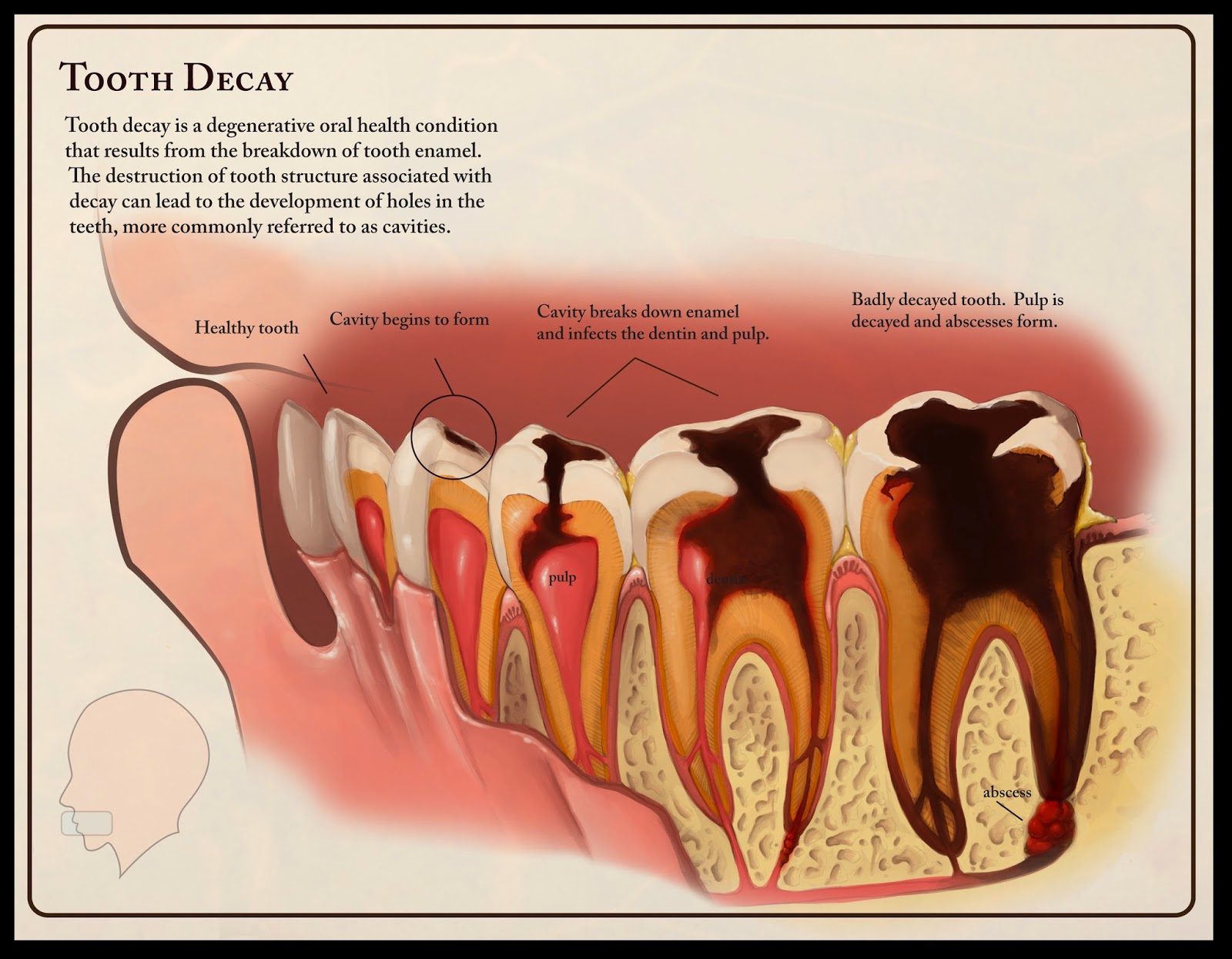
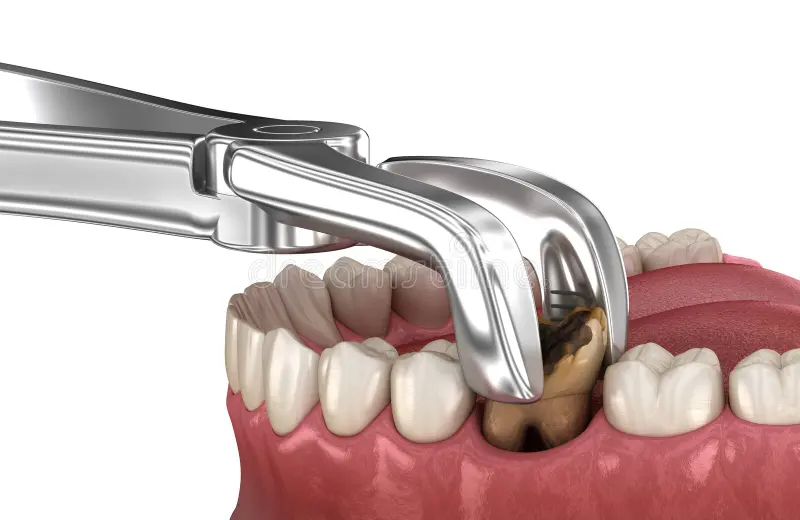
Extraction of decayed tooth
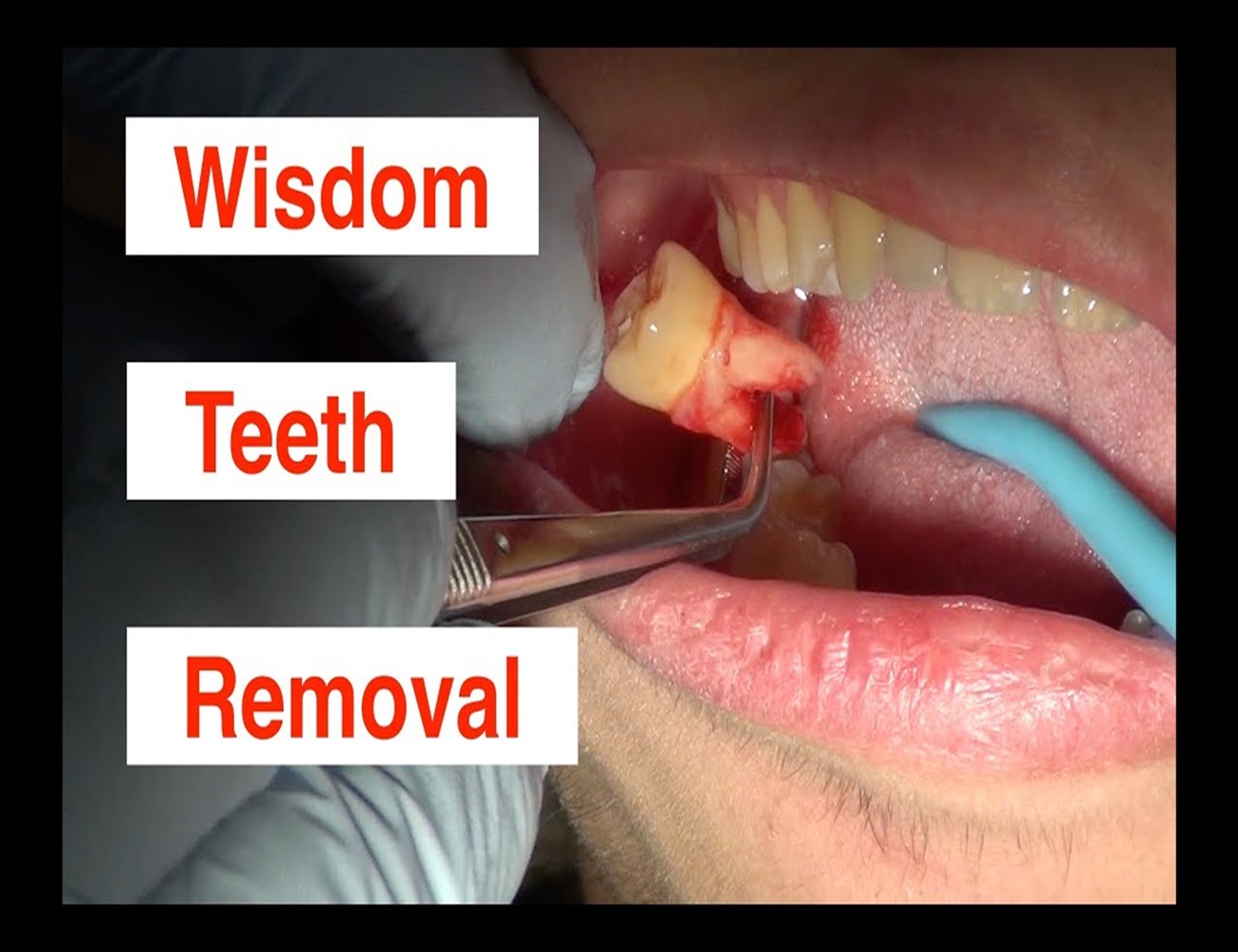
Sub Heading
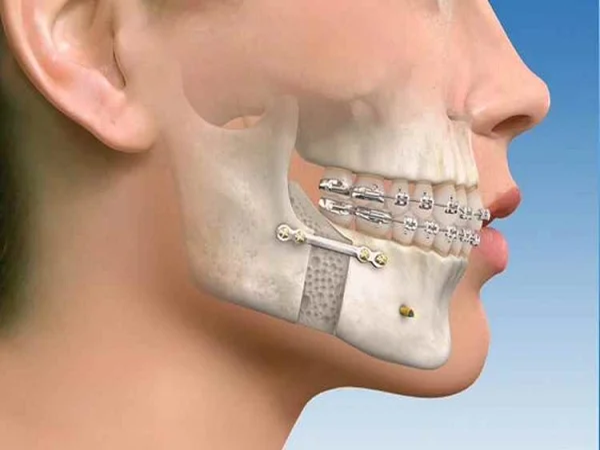
Fixing of fractured lower jaw
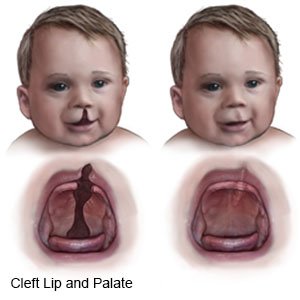
Sub Heading
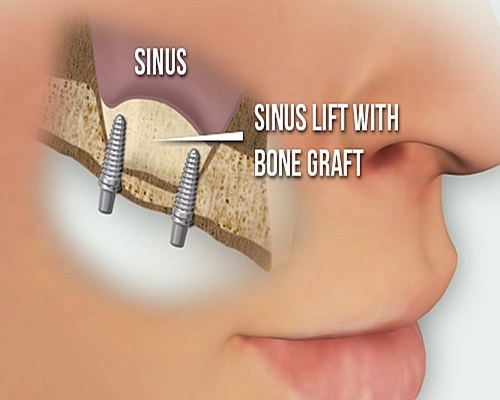
Sinus lift surgery for implant placement
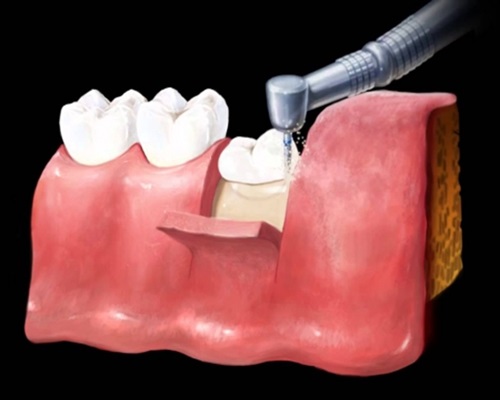
REmoval of submerged tooth
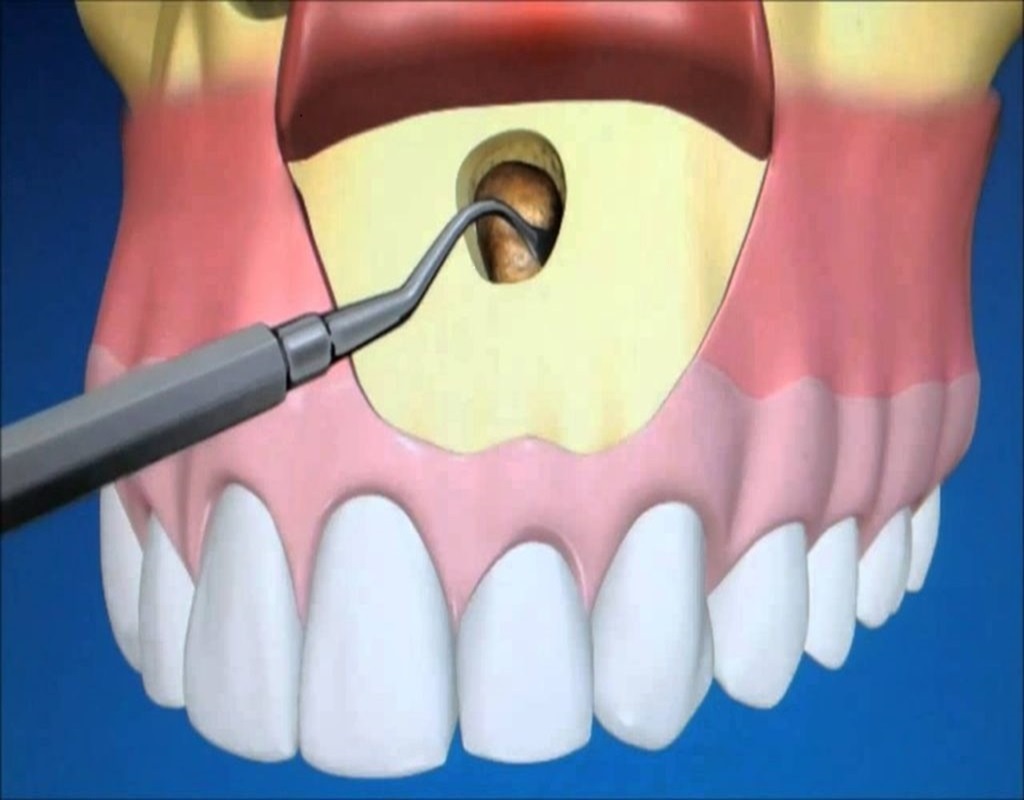
Removal tooth cyst
Frequently Asked Questions
Does tooth removal cause any effect on eyesight or loosen adjacent teeth?
No. Its a common misconception. Tooth removal do not cause any side effects on eyesight or any other function.
Teeth are placed in a bone called maxilla, where as eyes are placed in the orbital bone. Moreover the blood and nerve supply of teeth and eyes are different . So tooth removal will never have any effect on eyesight
Tooth removal will not loosen the adjacent teeth. During tooth removal interdental bone is used as a fulcrum to loosen the tooth to be removed. This will never affect the adjacent teeth
Is removal of wisdom tooth- a major surgery?
It is a MINOR surgical procedure. Wisdom teeth or third moars are often tilted n the jawbone or they are submerged below the bone, partially or completely. They cause pressure on second molars-leading to resorption, food lodgement and decay of the second molar . If not removed, they will lead to infection of spaces of neck and throat endangering the vital structures, also damage second molar.
They can be removed by minor surgical procedure under local anaesthesia.
What insructions should be followed after extraction of tooth?
Instructions to be followed after extraction of teeth
- Patient should bite on the cotton kept by the dentist for 45 min
- Patient should not open mouth, drink or eat anything for 45 min
- Should not spit or rinse mouth for 45 min, Should swallow blood or saliva during this period. After 45 min the bleeding from extraction site stops on its own. In case it doesn not stop or blled excessively you can contact your doctor
- Should avoid hard- sticky , hot and spicy food for five days
- Should not brush that area for five days. Other part of mouth should be kept clean with proper brushing
- Mild to moderate swelling after extraction is normal. Use ice rapped in a cloth and massage externally to help in reduce the swelling and pain
- Should start rinsing mouth one day after extraction with warm water and salt to prevent any infection
- Should take all the medicines as prescribed by the dentist. Also should not skip any other routine medicines like Bp, dibetes or other medicines
- In case sutres are placed, report to the dentist after a week for removal of sutures
Is swelling and pain normal after extraction?
Mild to moderate swelling and pain is normal after extraction. It is apart of the healing process. In case of progressively incresing swelling and severe pain , reprt to the dentist
How many days after extraction the pain subsides? and sweli
A simple extraction wound will take 5 days to heal. During this period there will be mild pain or swelling, which can be comfortably managed with medicine.
Surgical removal of tooth as in case of wisdom tooth/extensively decayed tooth – it will require upto 7 or more days
Gum and bone Disease
Periodontics
What is the scope of Periodontics?
Periodontics is the speciality of dentistry which deals with the diagnosis and treatment of gum and bone disease (bone surrounding the tooth)
Causes of gum disease:
Poor oral hygiene, leads to weakening of gums and bone surrounding teeth. It is due to the deposition of tartar or calculus, systemic dseases like diabetes, hereditary factors , which cause detachment of gums from teeth, This is called gingival recession. This further leads to food lodgement- in the weakened gum and pocket formation. When this becomes severe, the bone holding the tooth starts resorbing making the tooth loose and sheds off.
Signs and symptoms of gum disease
Patient experiences pain and sensitivity in the offending tooth or teeth, bleeding of gums, urge use tooth picks to remove lodged food, bad breath, gum swelling and redness, pus in the gums, and loosening of teeth
- In this mild cases of gum disease , professional cleaning of the gums is done using ultrasonic scaler.
- In moderate to severe cases – flap suregeries are advised where in , root planing and curettage of infected periodontal tissues is done, bone grafts are placed to help regeneration of bone

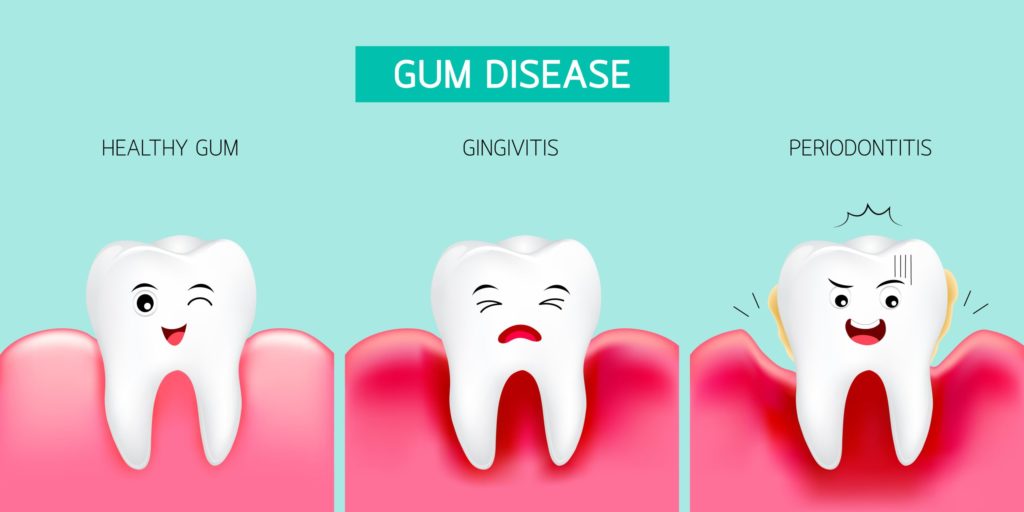
Healthy gum is the foundation of healthy teeth
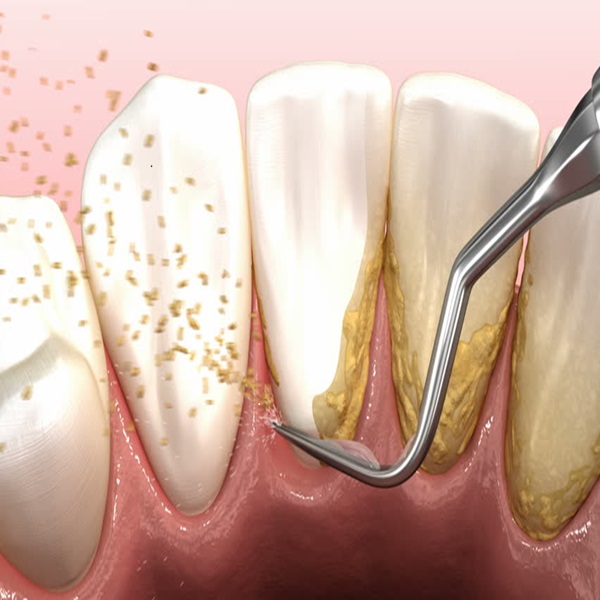
Scaling to remove calculus
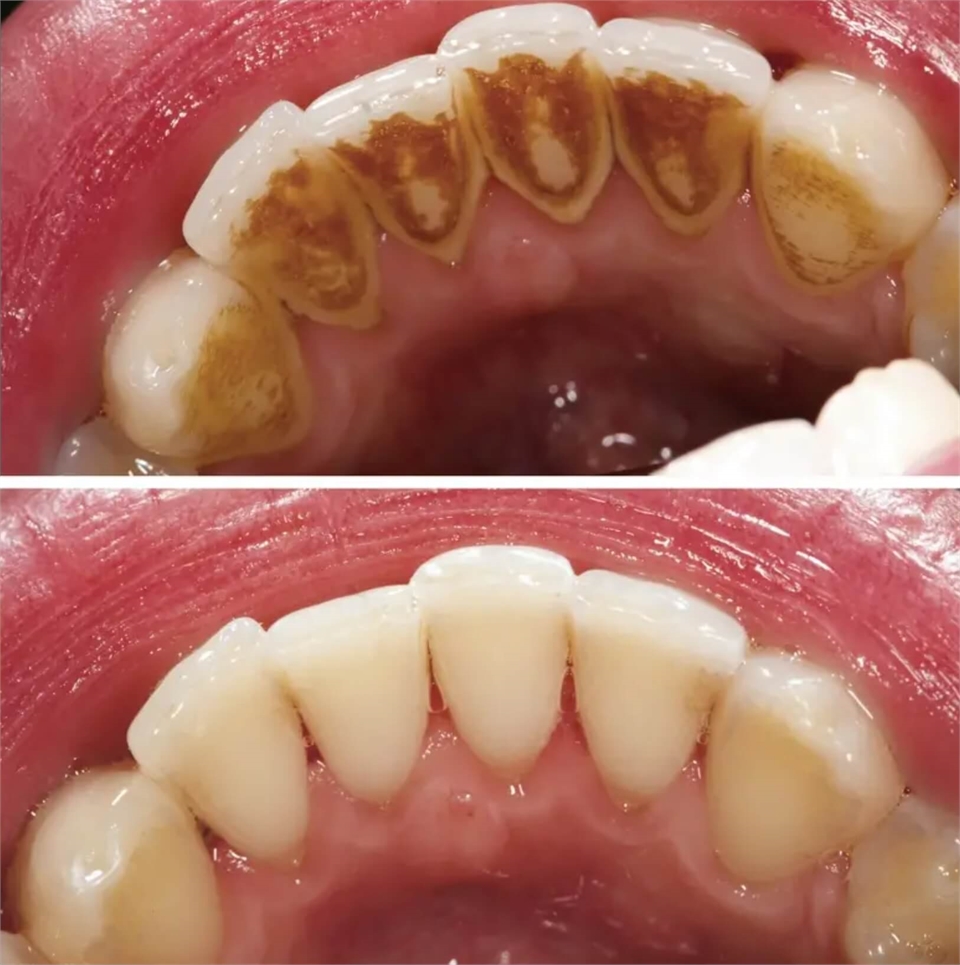
Scaling-Before and After
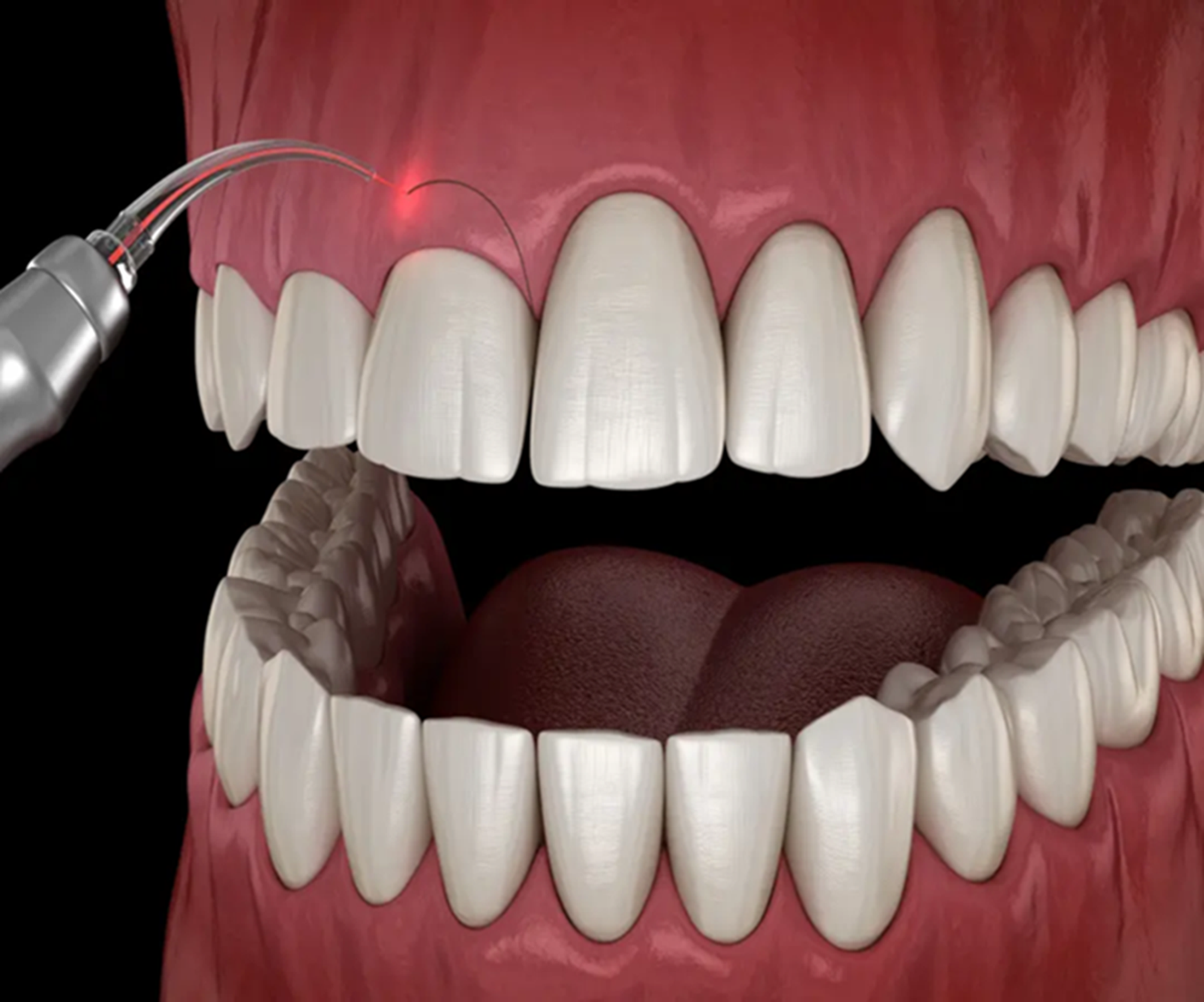
PainlessGum treatment with lasers
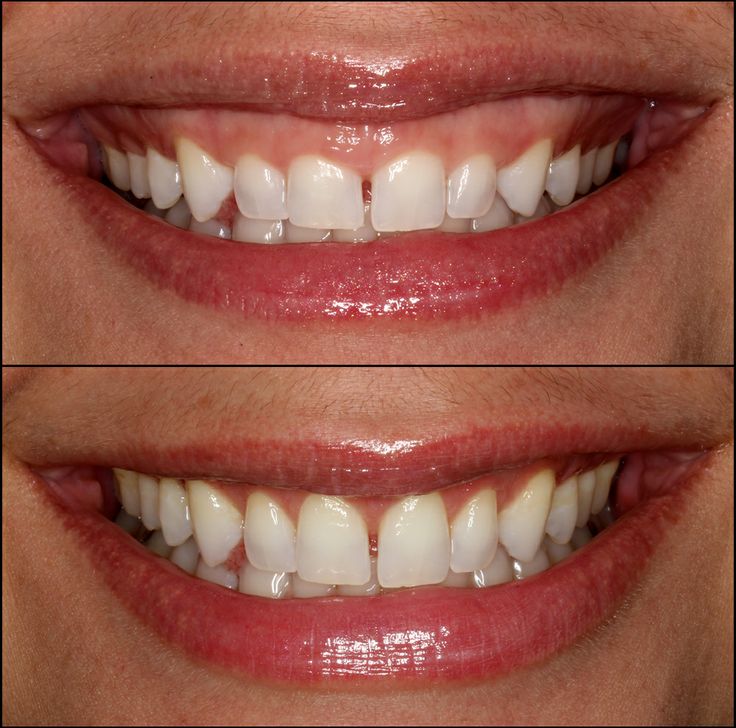
Gummy smile treatment with lasers
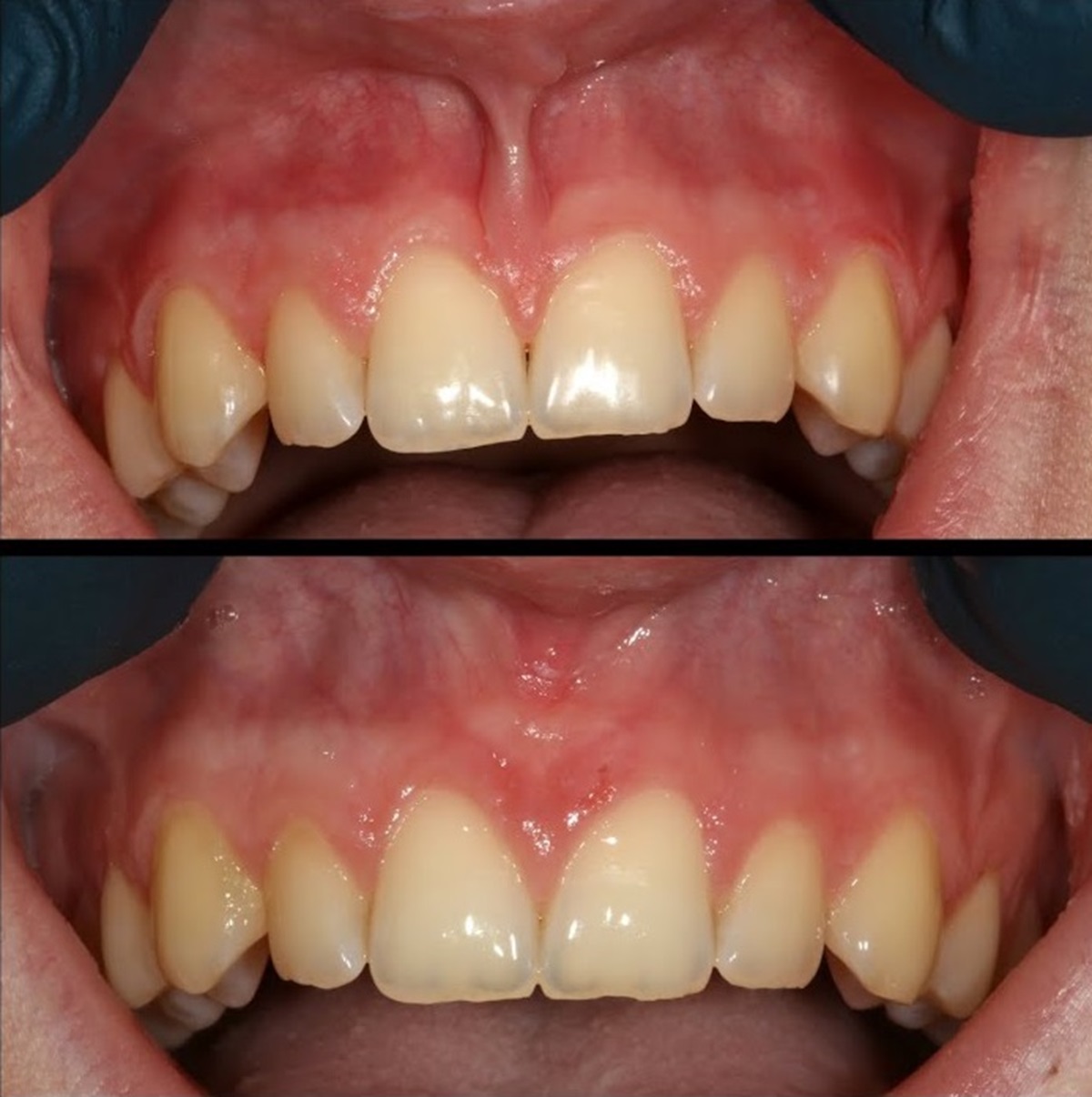
Frenectomy -Before and after
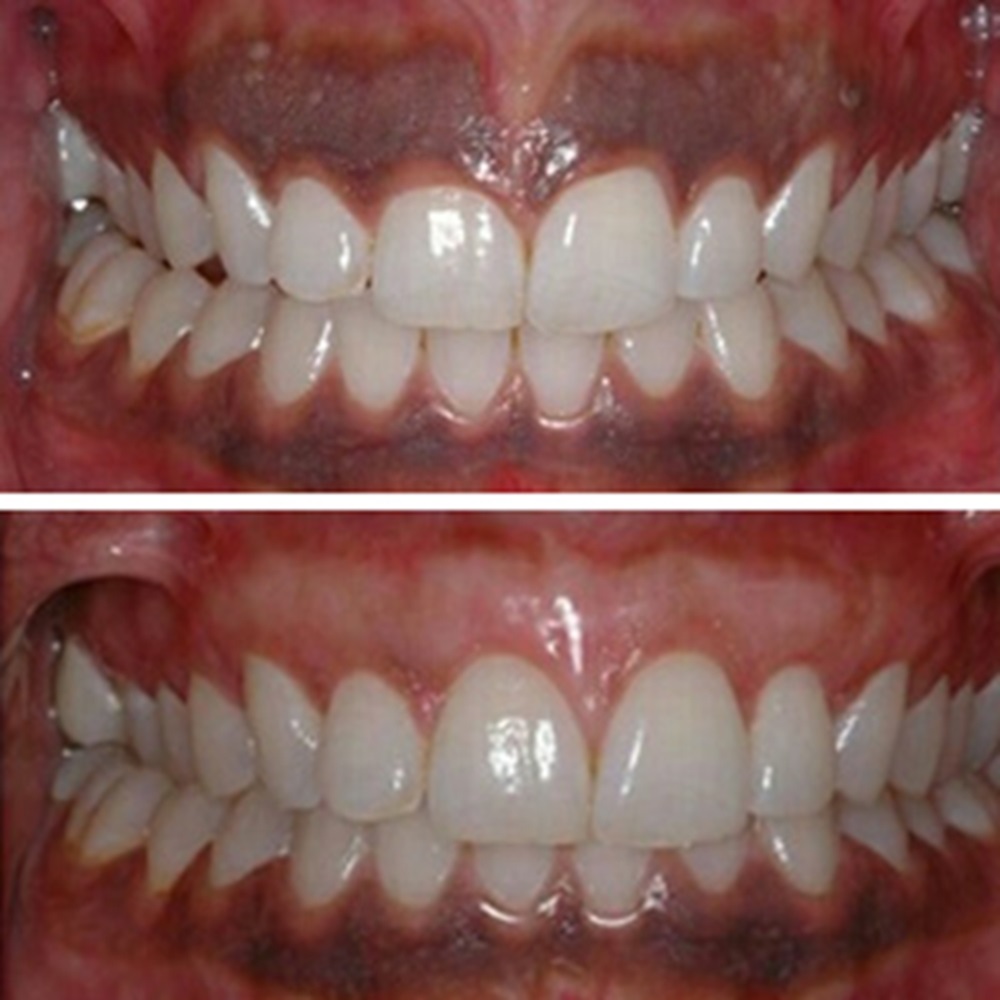
Depigmentation of gums with laser
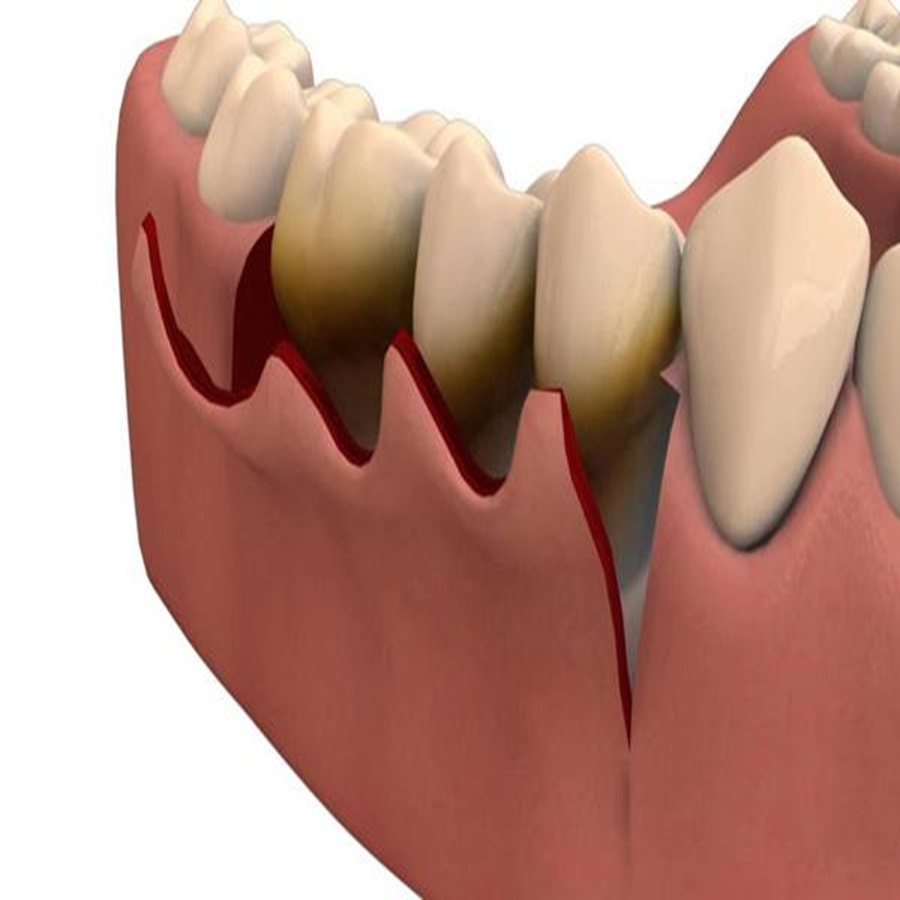
flap suregry for gum disease
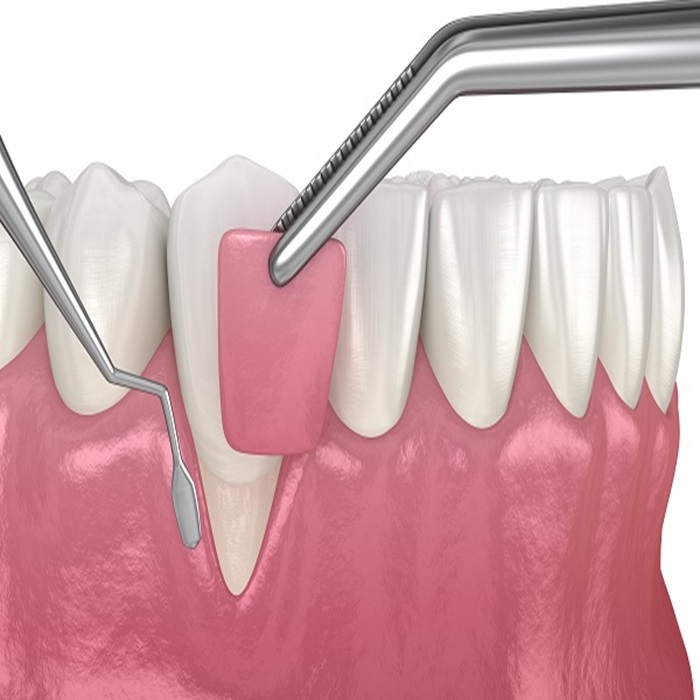
bone grafting for gum disease
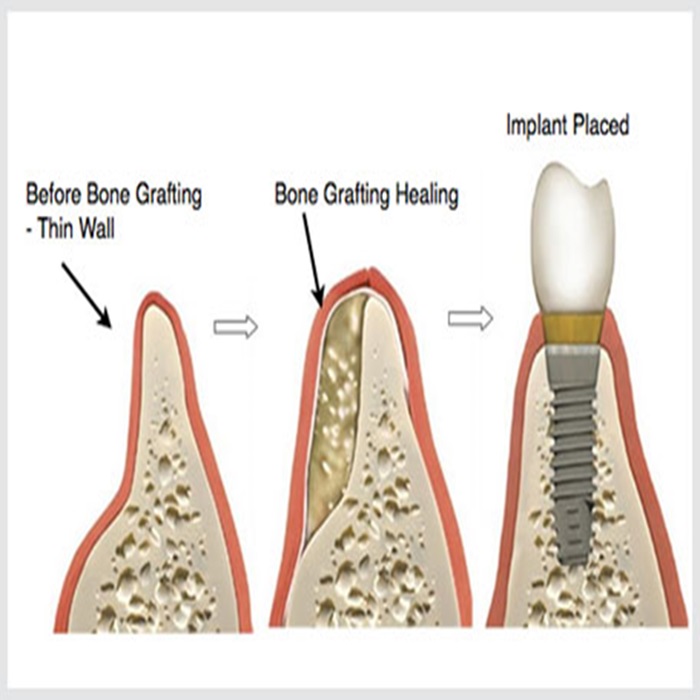
bone grafting for implant placement
Frequently Asked Questions
Does professional cleaning of teeth , make them loose?
No. Infact, after professional cleaning teeth become more firm, because gingiva or gum and underlying bone which holds the teeth become stronger
How often should one get the professional cleaning done?
Every 6 months to 1year depending on the oral hygiene maintainance
What is the cause of bleeding gums and bad breath?
Bleeding of gums easily during brushing or bad breath indicates -weak gums (gingiva). If one does not maintain oral hygiene properly then food and calculus forms around teeth which eventually cause weakening of gums which start bleeding on brushing.
Other causes of bleeding gums and bad breath could be – poor physical health, Vit A, C defficiency, anaemia, diabetes, poor gut health, Chronic acidity problem, dehydration, Certain drugs which reduce salivation
How should be the routine maintainance of oral hygiene?
Brushing twice a day with soft bristle brush and gentle brushing strokes is recommended. any flouridated tooth paste can be used.Professional cleaning every year is advised.
Does using a mouthwash, reduce decay of the teeth or bad breath?
Mouthwash is an adjunct to professional cleaning not a substitute. The root cause of decay or bad breath should be treated by a dentist
Is laser treatment of gums better than conventional treatment?
Yes, The lasers have better action on bacteria- which cause gum disease. The deep penetrating rays of laser completely kill the bacteria from deep areas of gums, hence results are better. Also laser surgeries are painless and cause mild bleeding during the procedure unlike conventional surgeries which cause heavy bleeding
Laser surgeries are comparatively expensive
